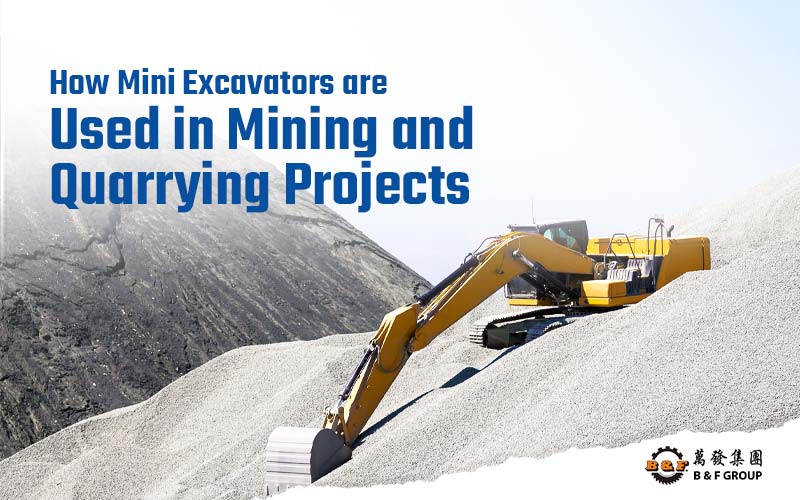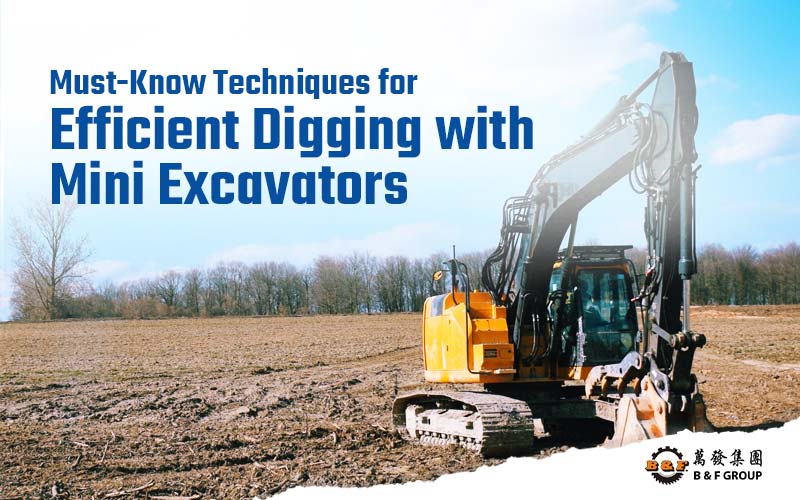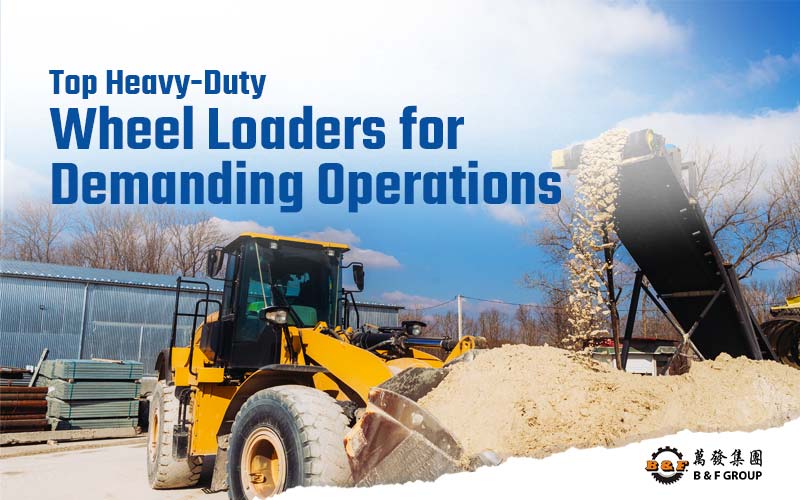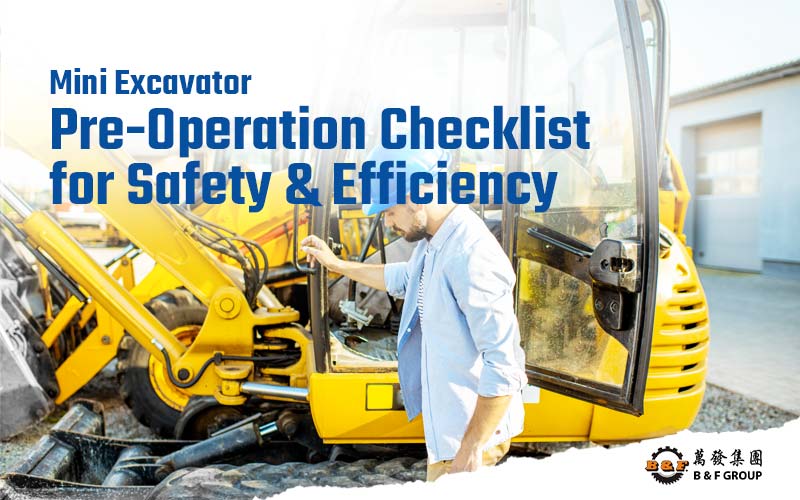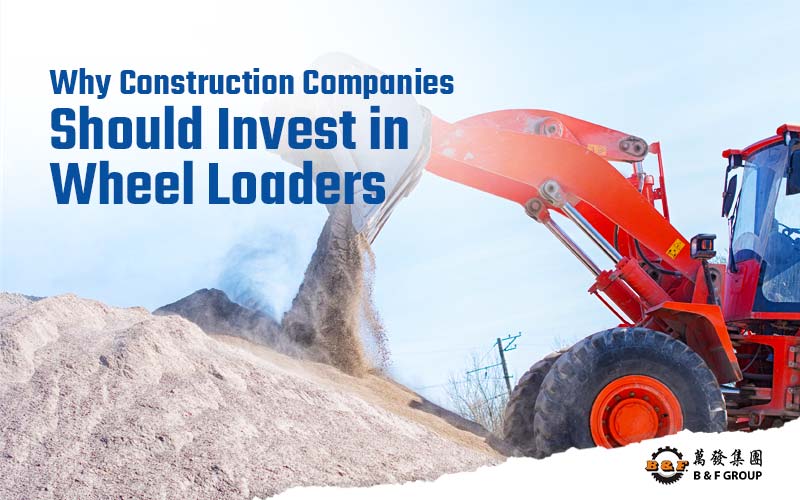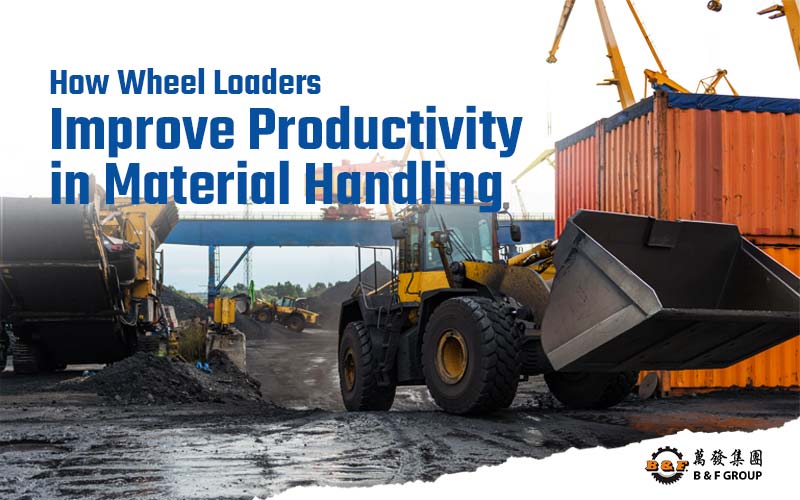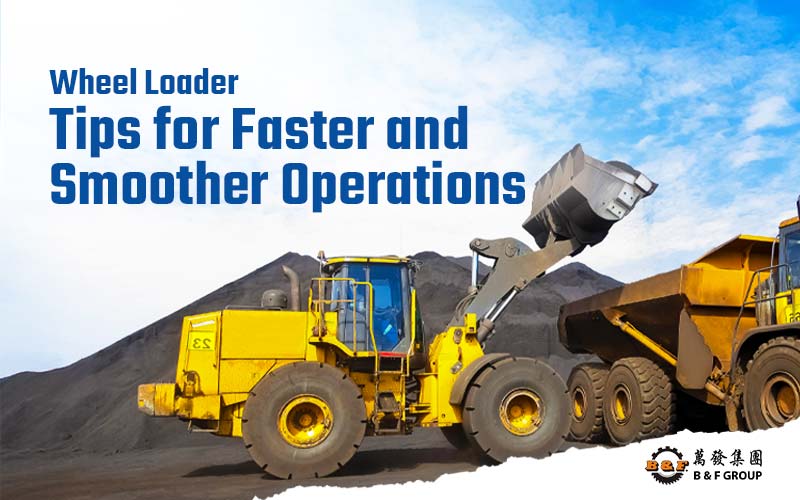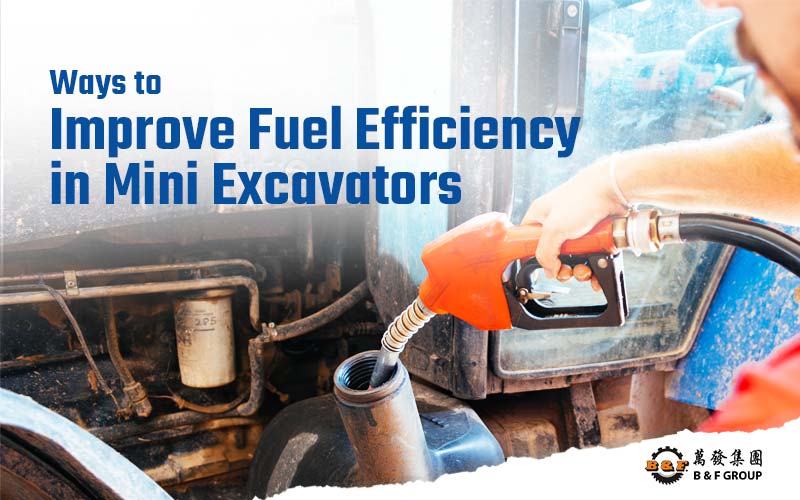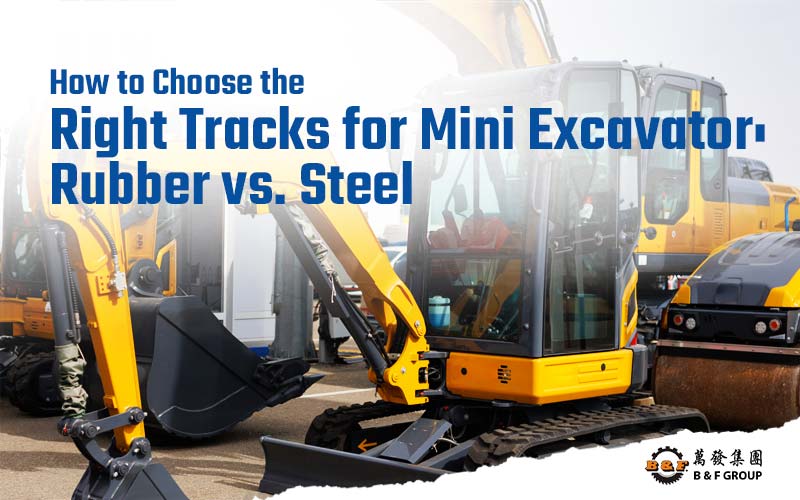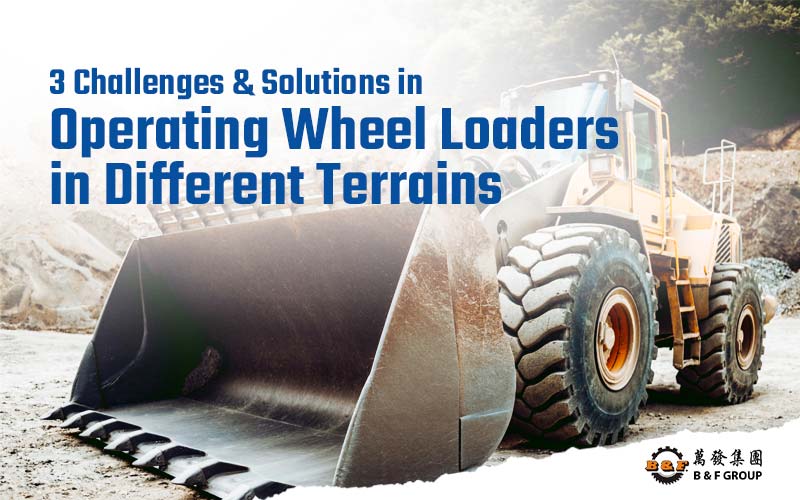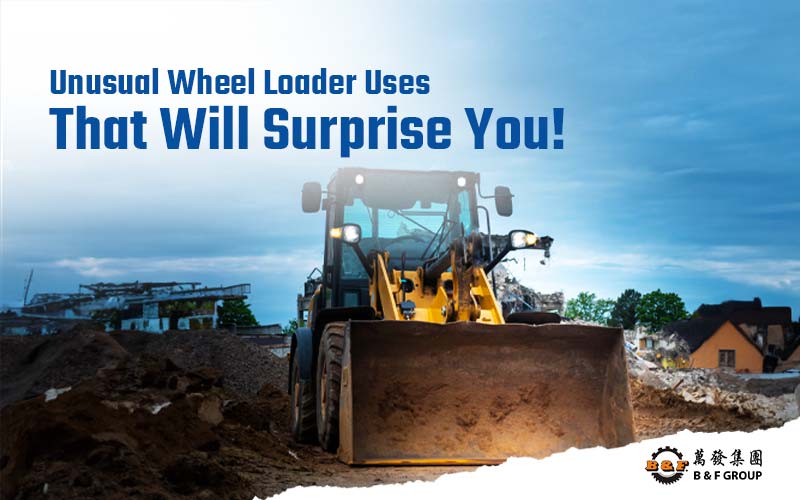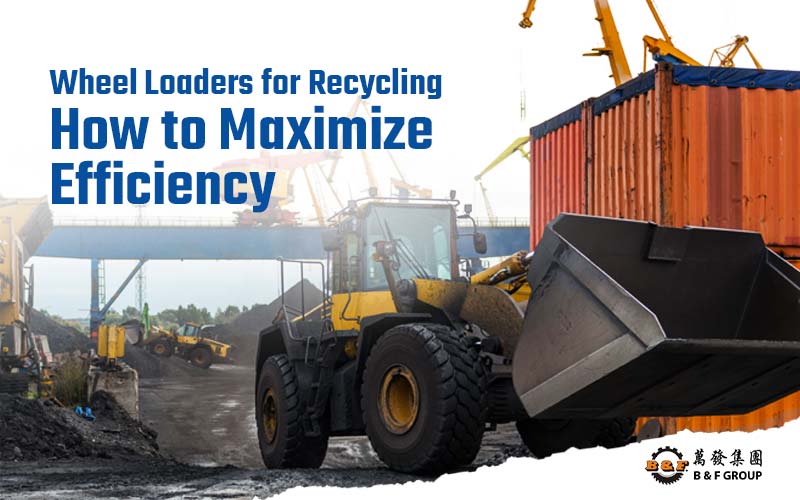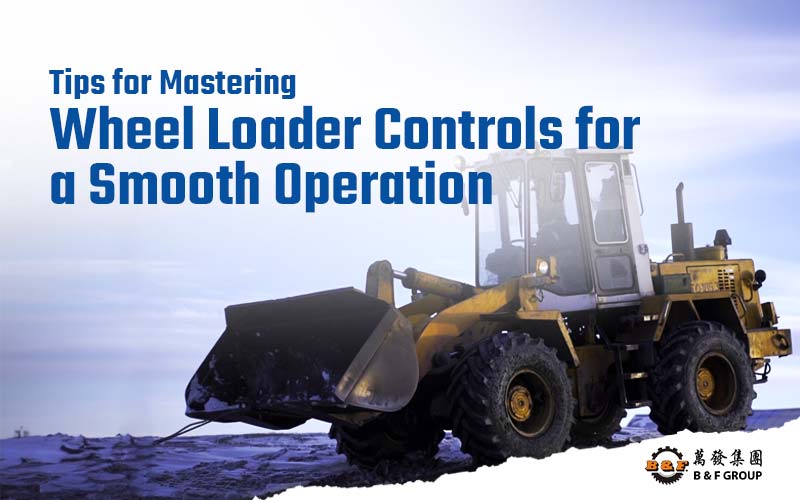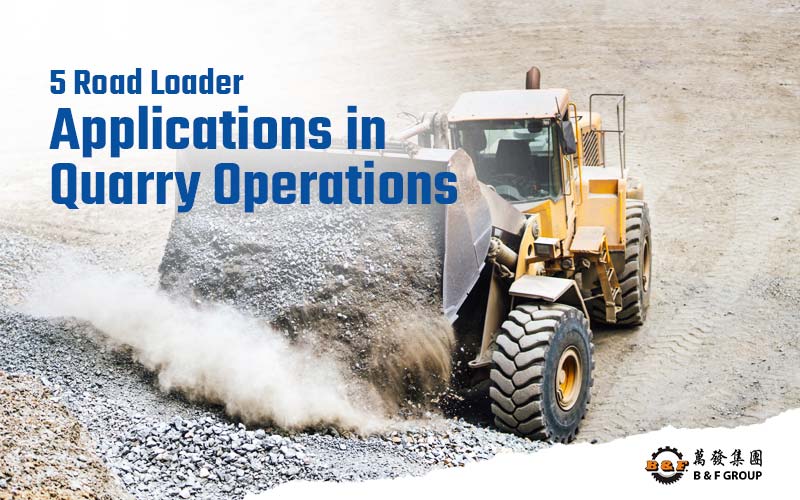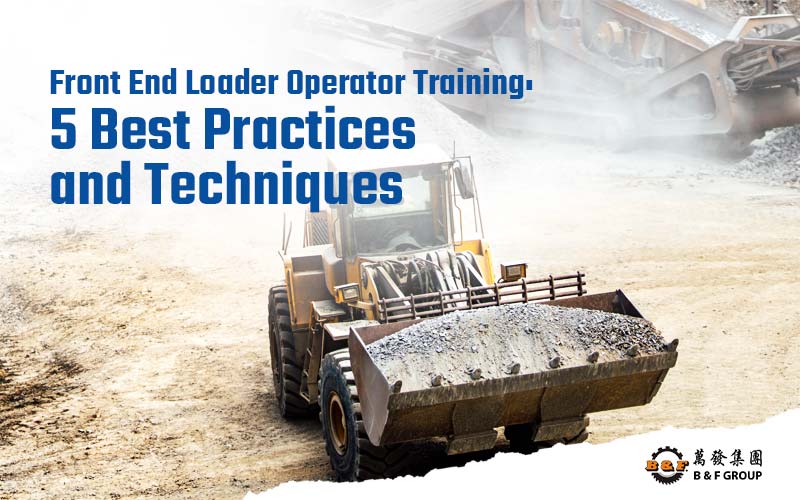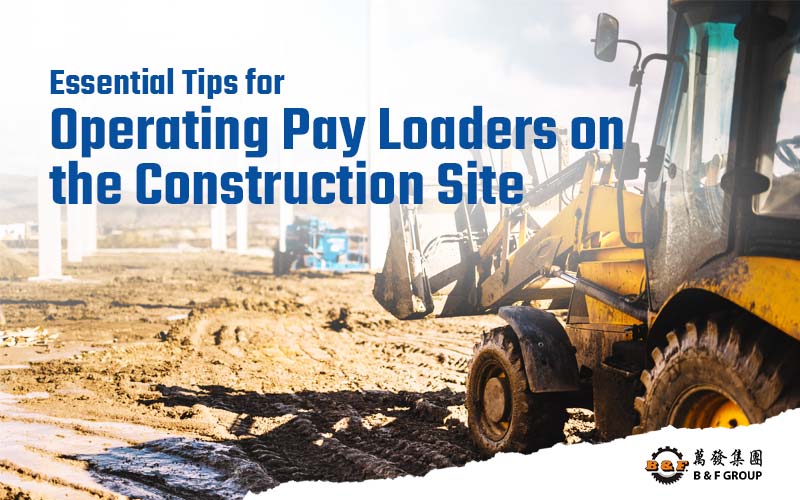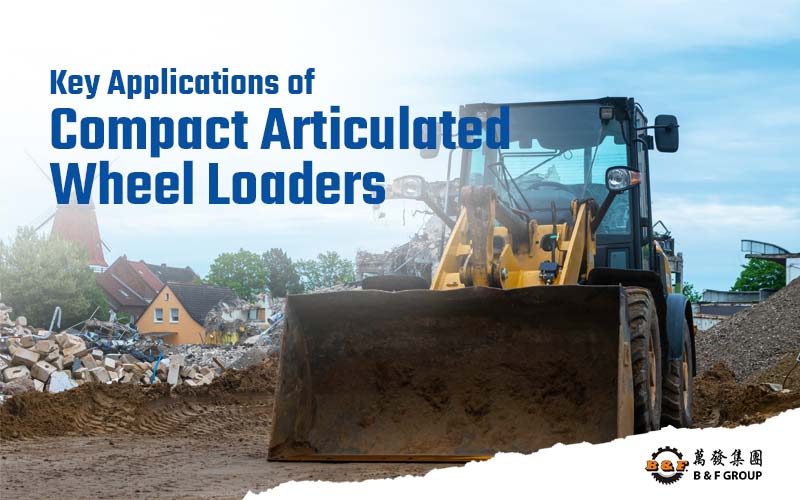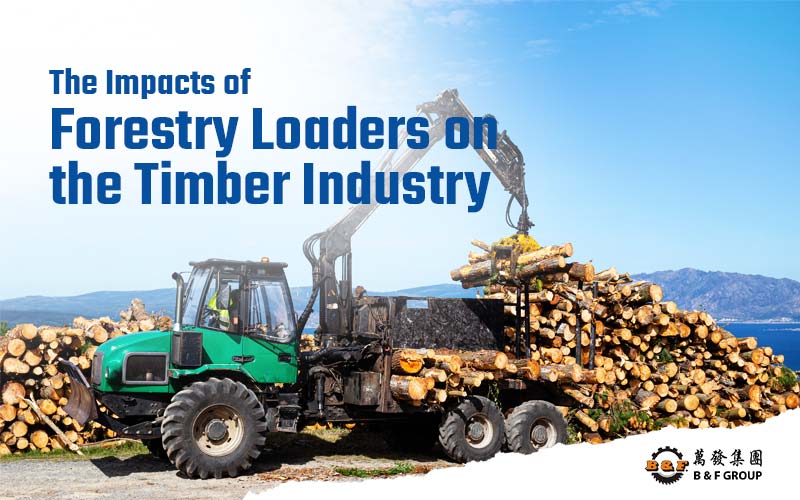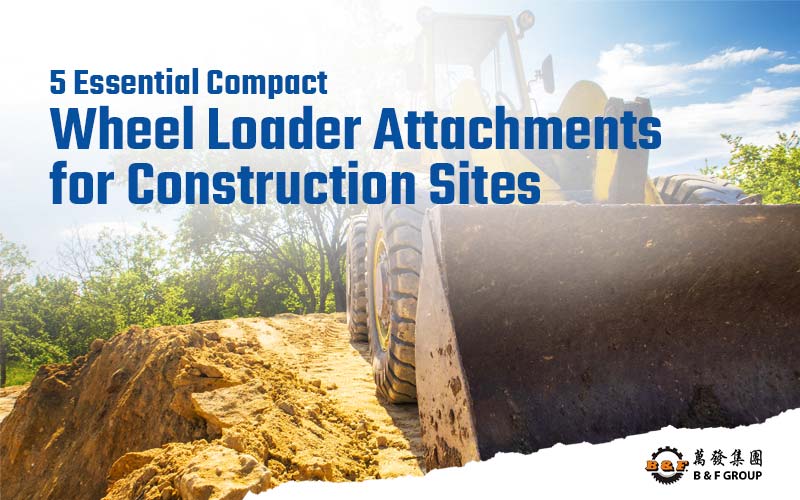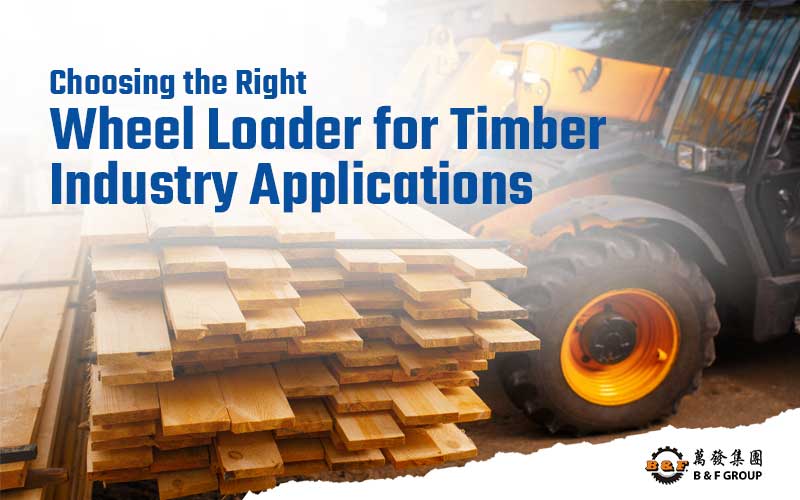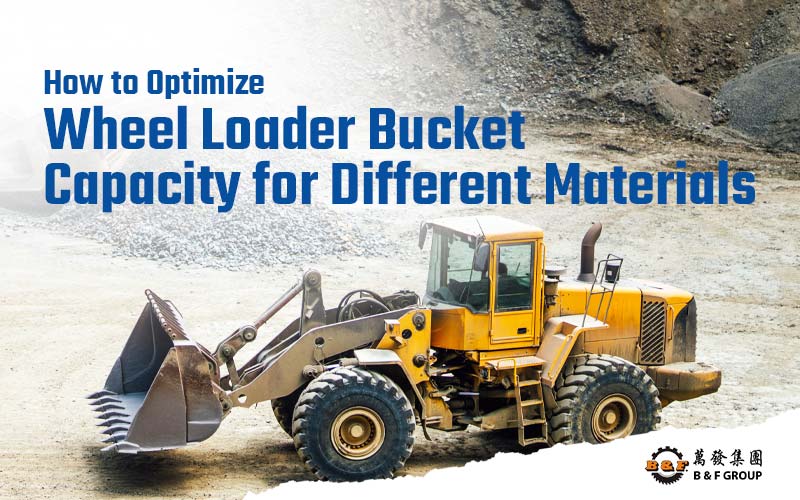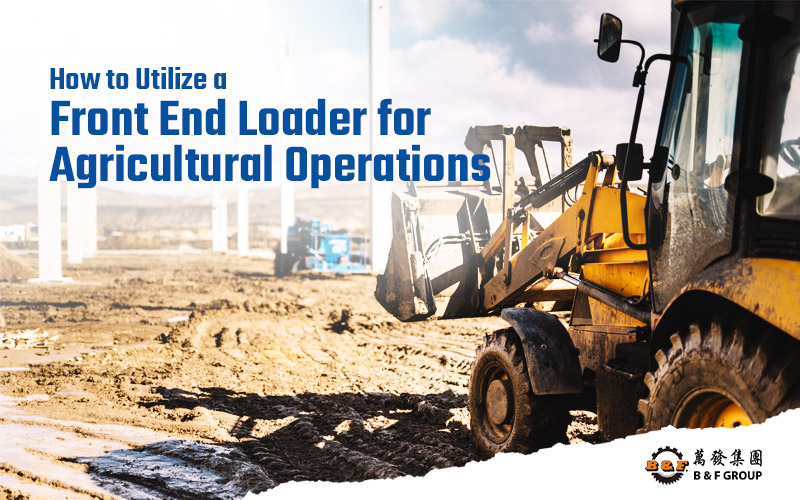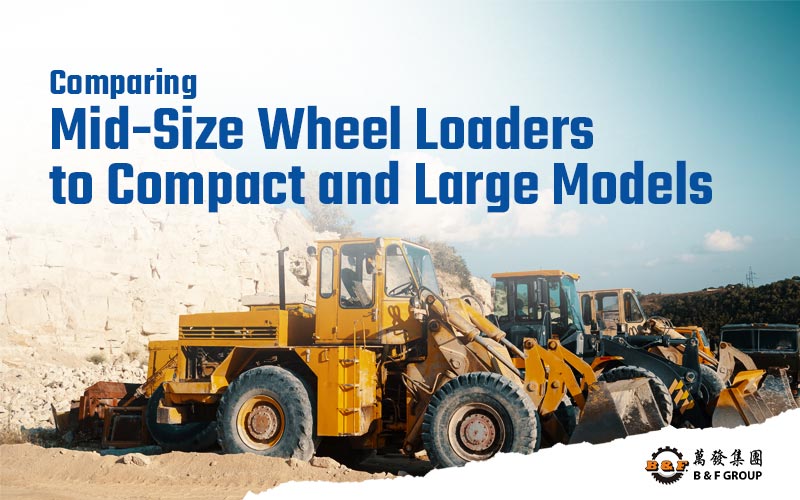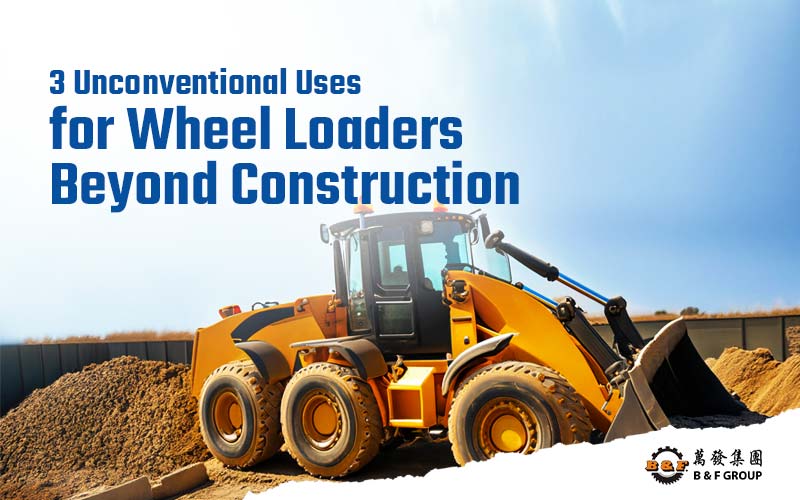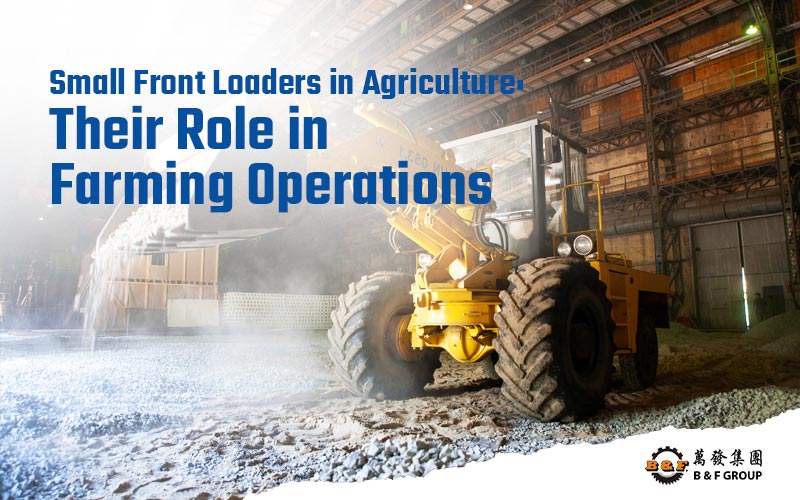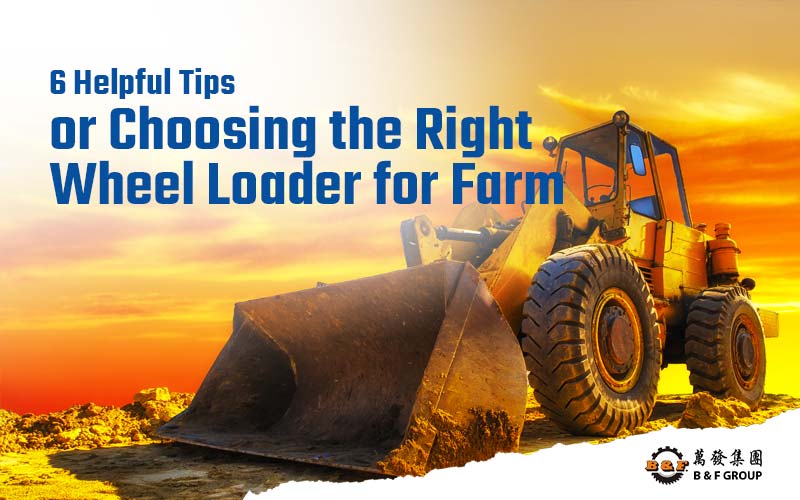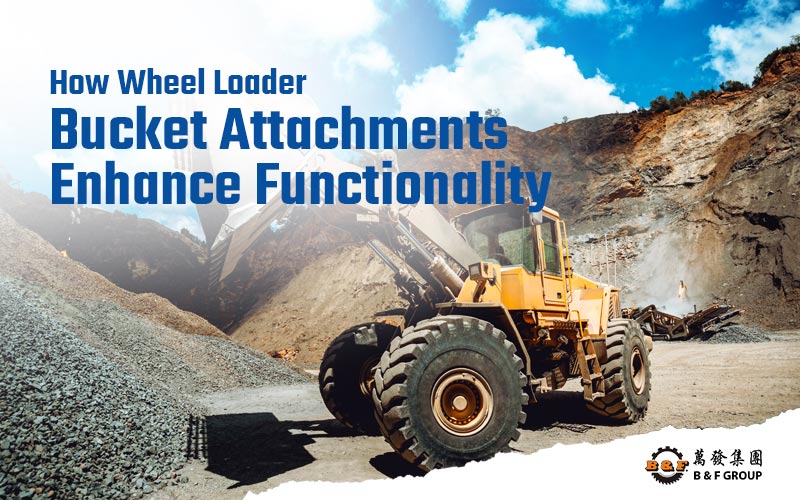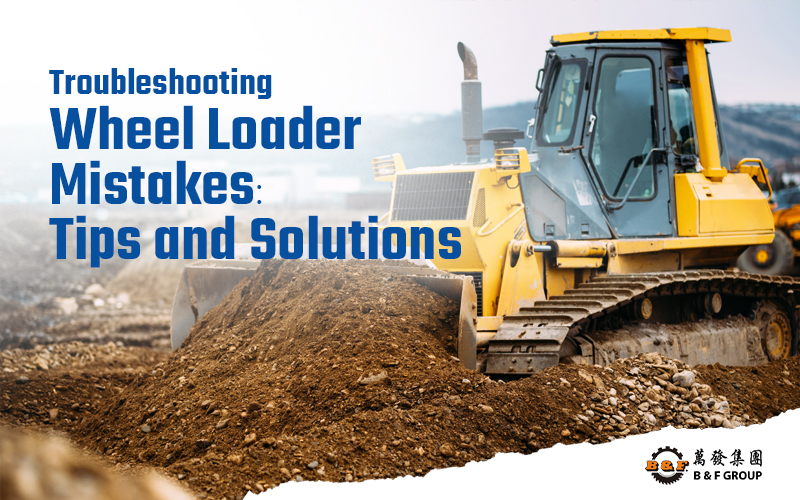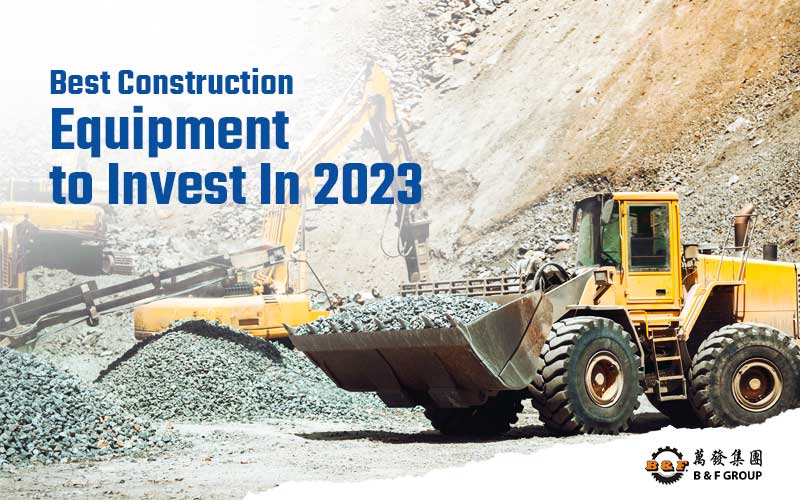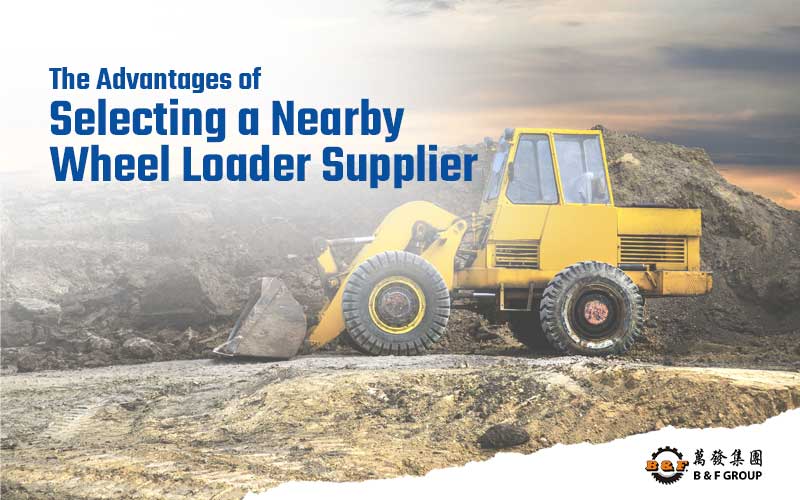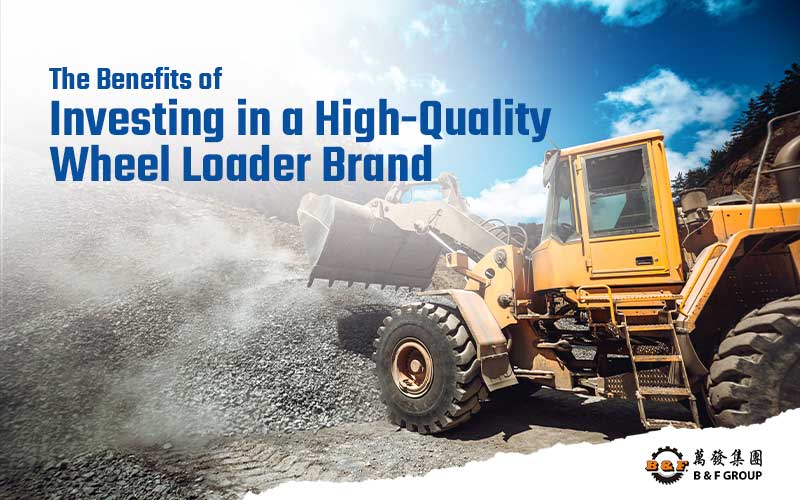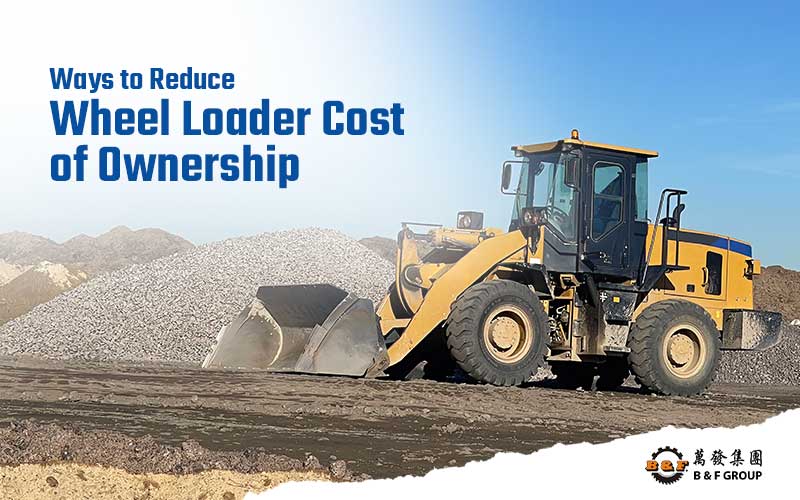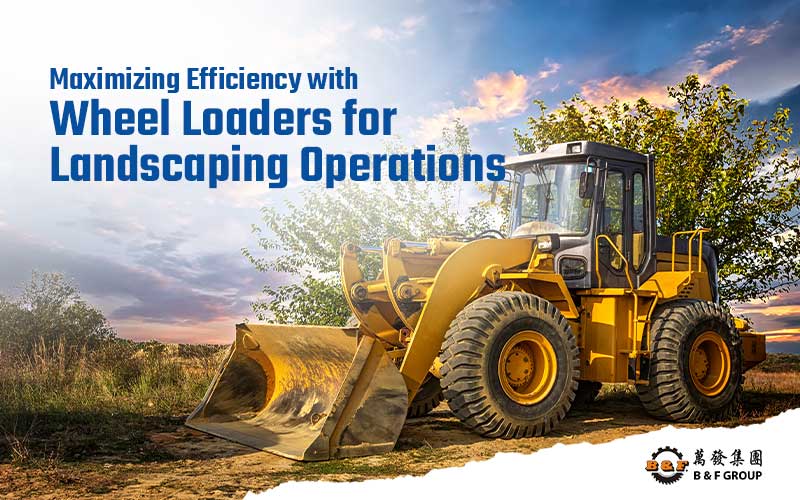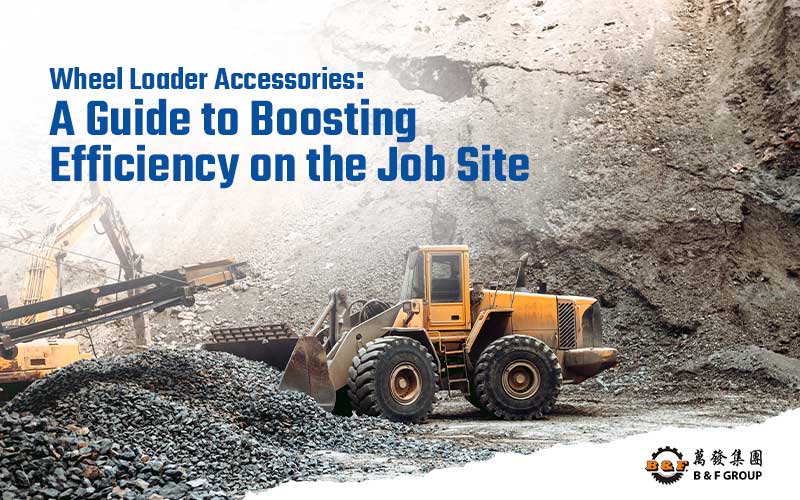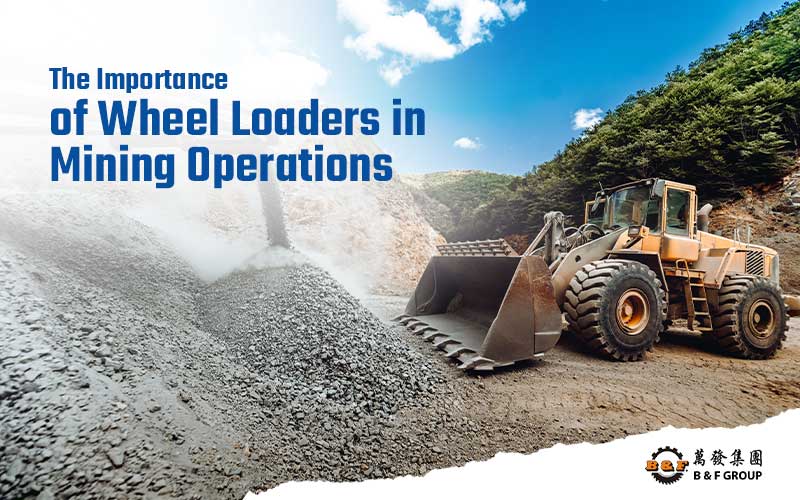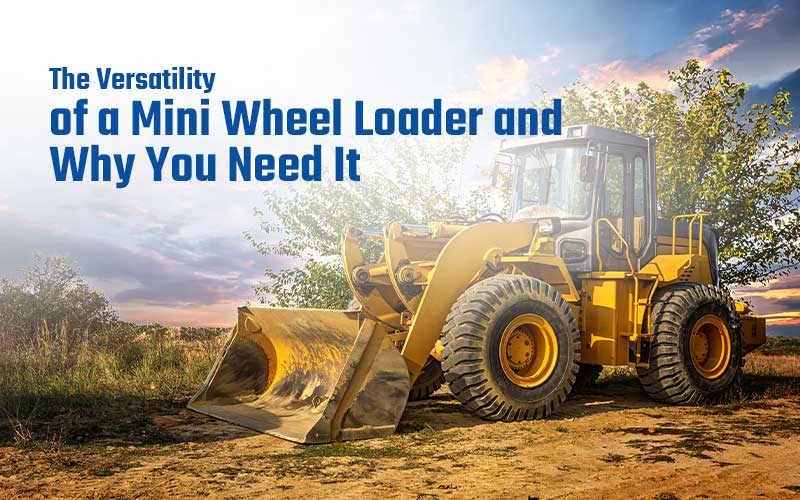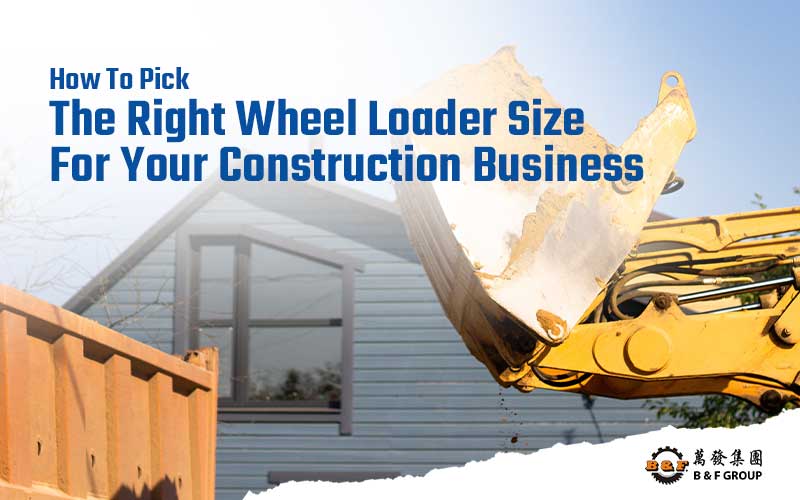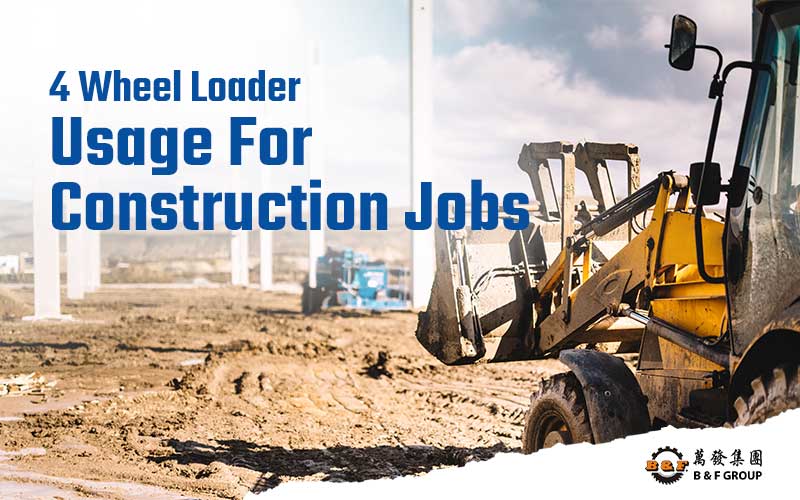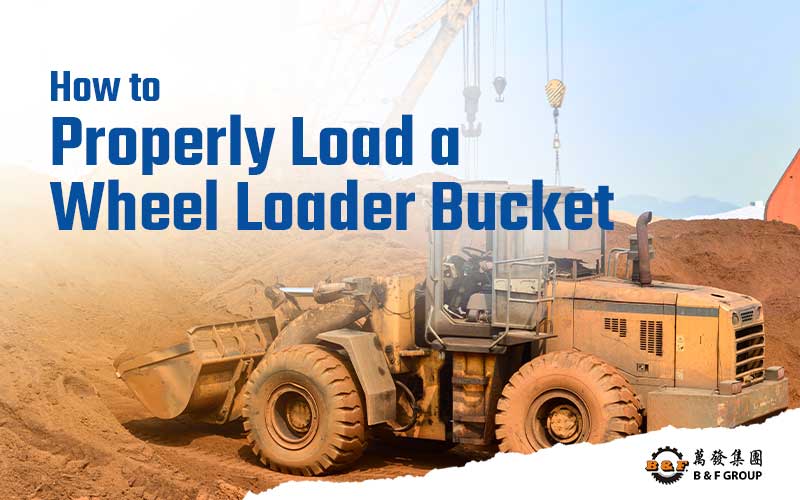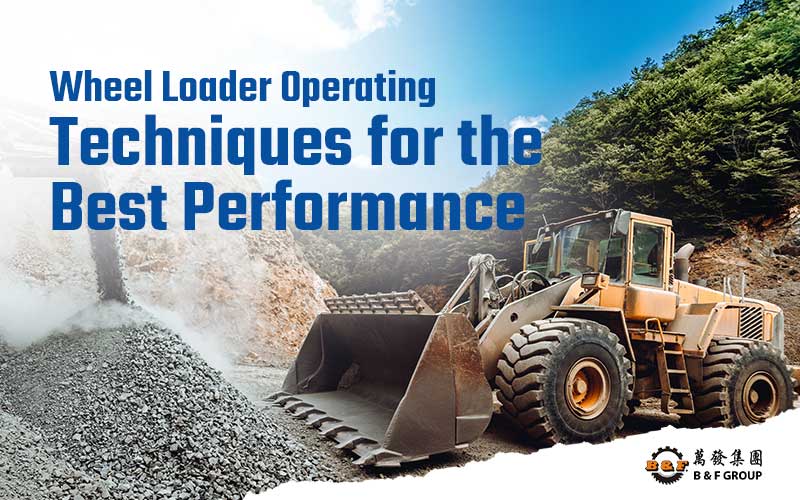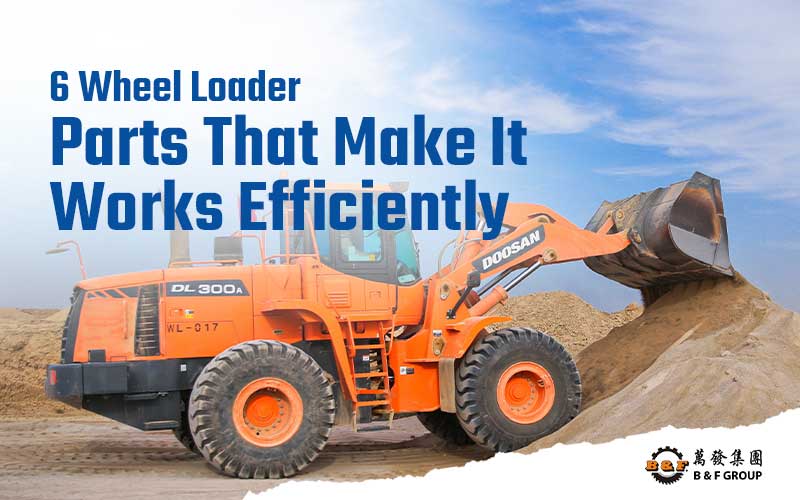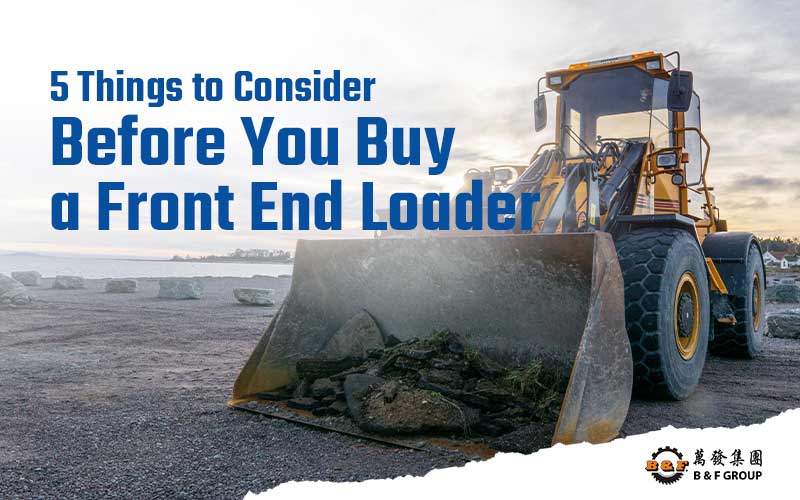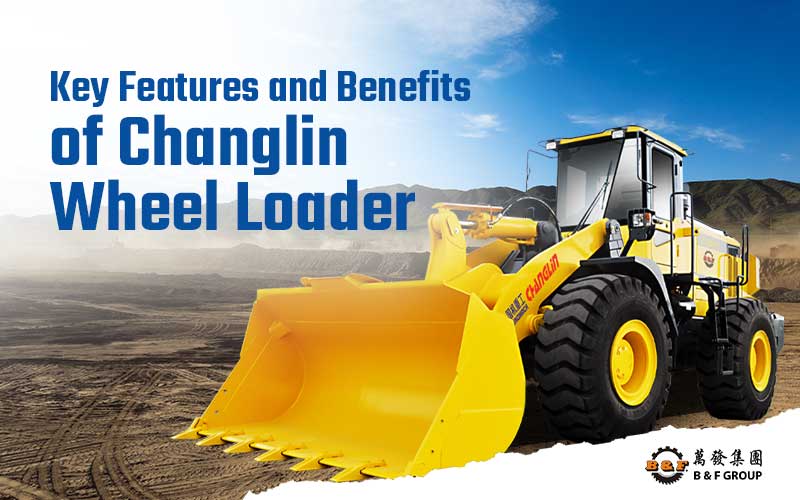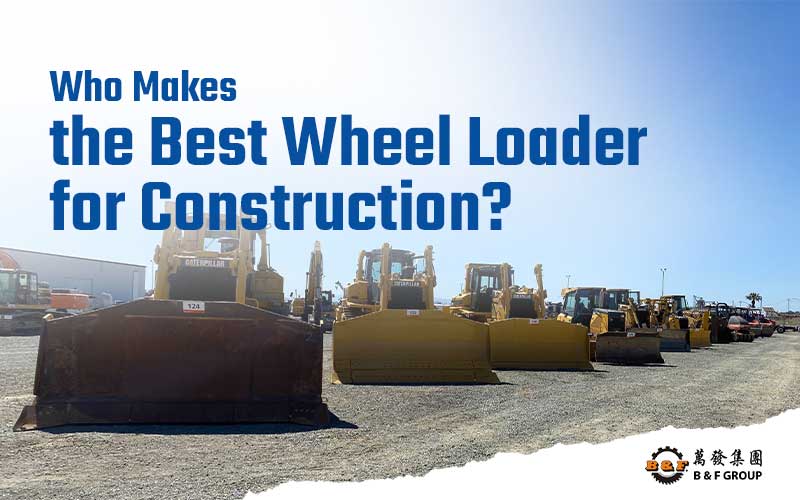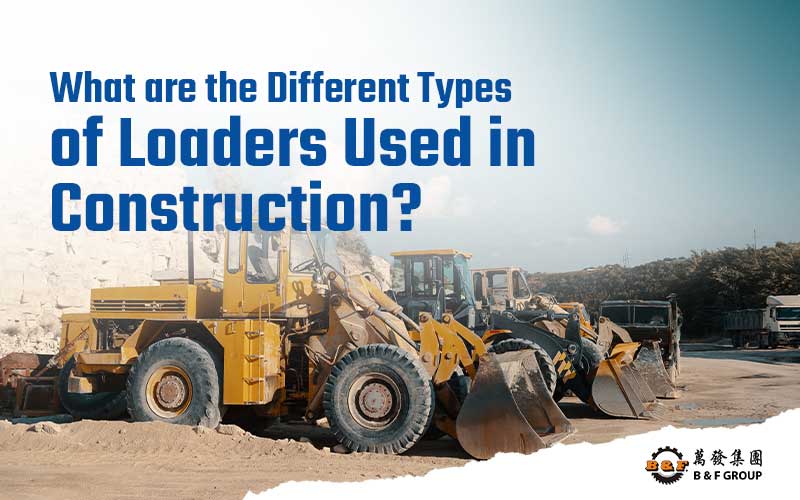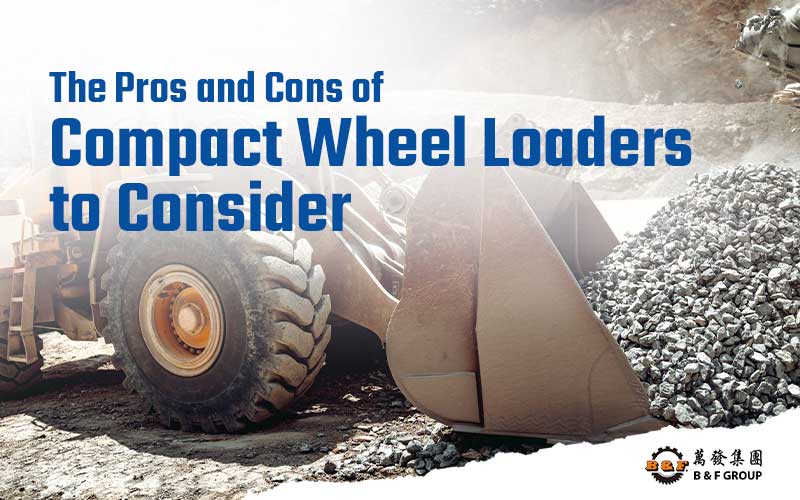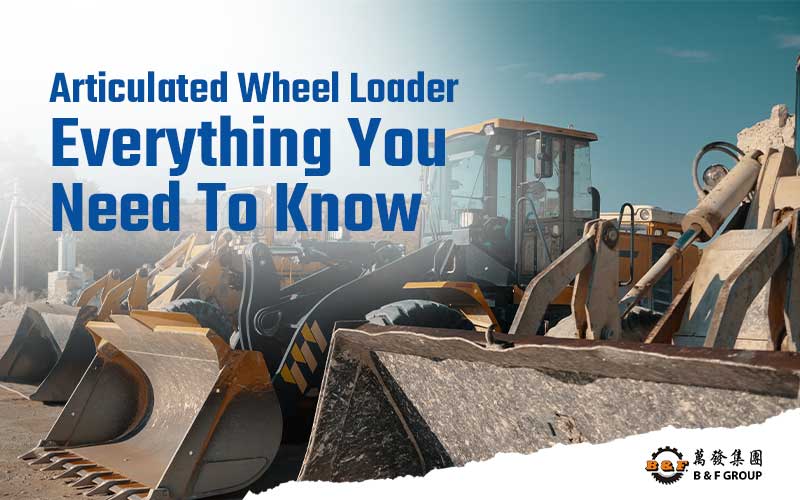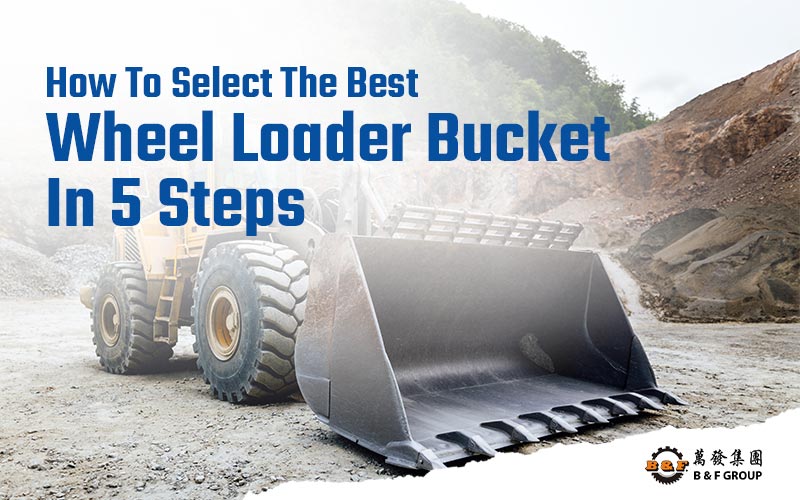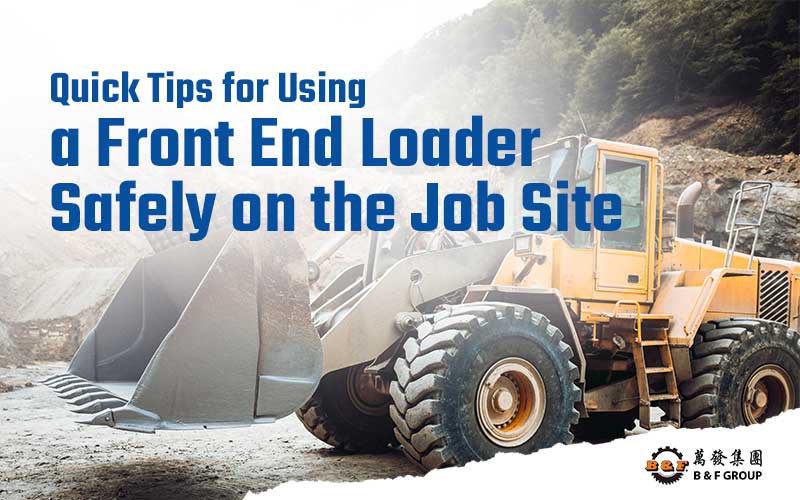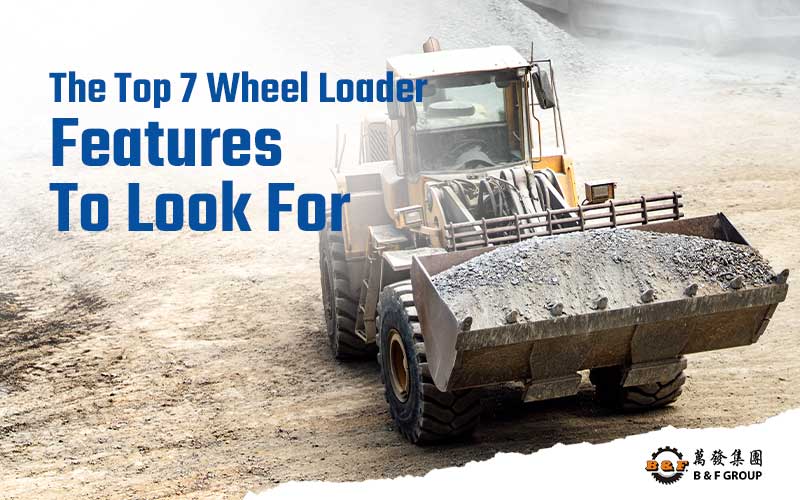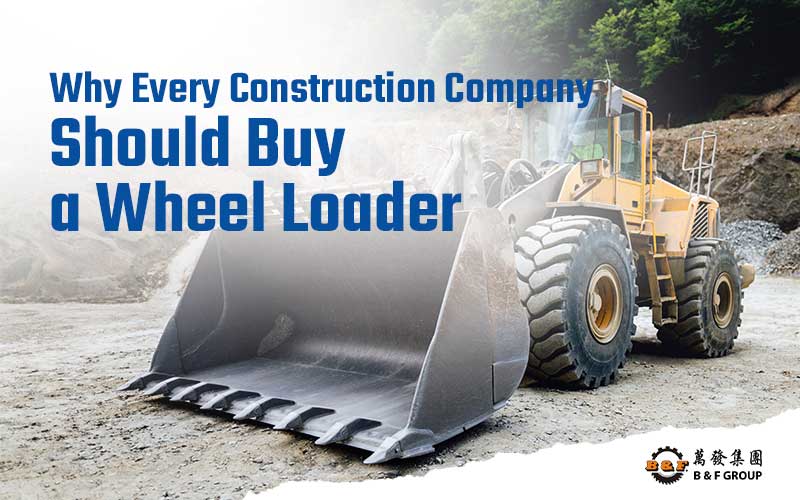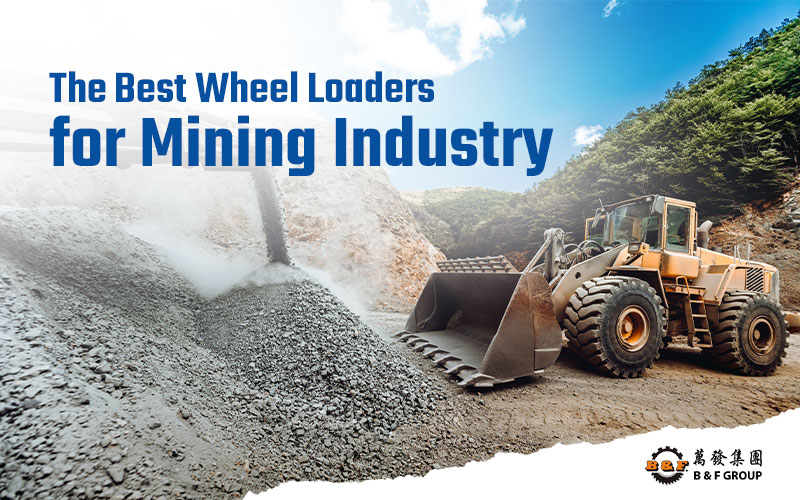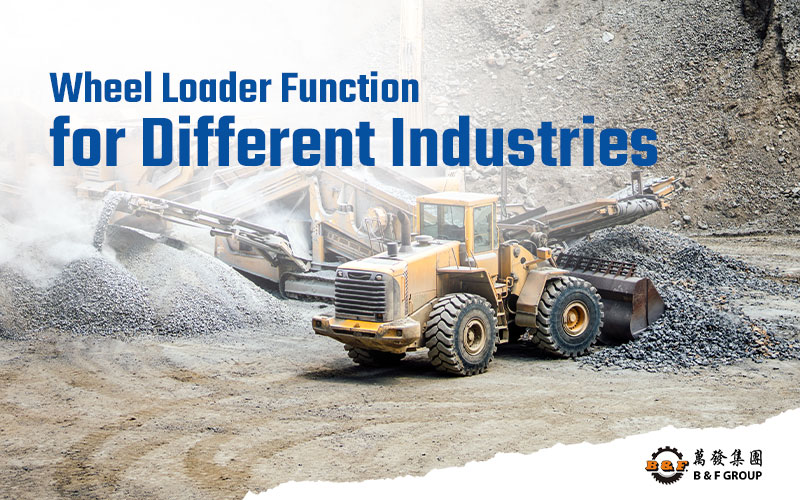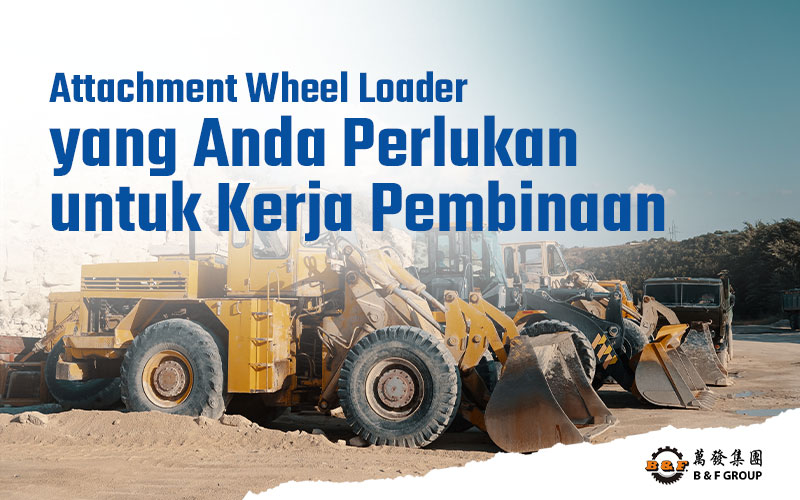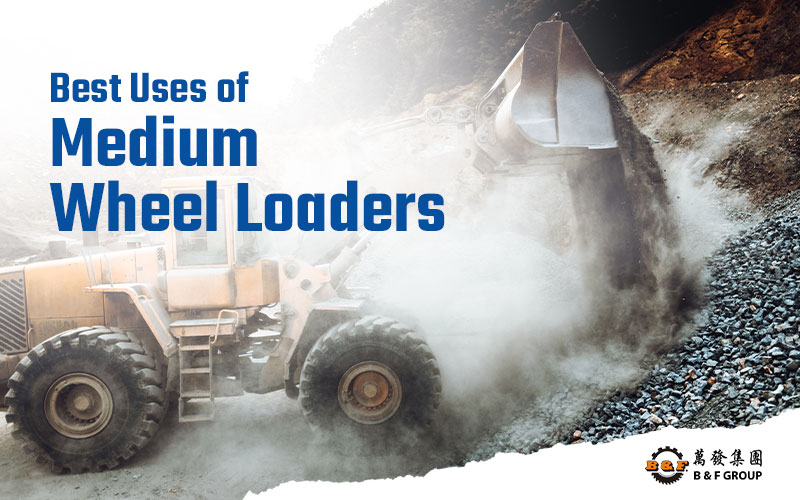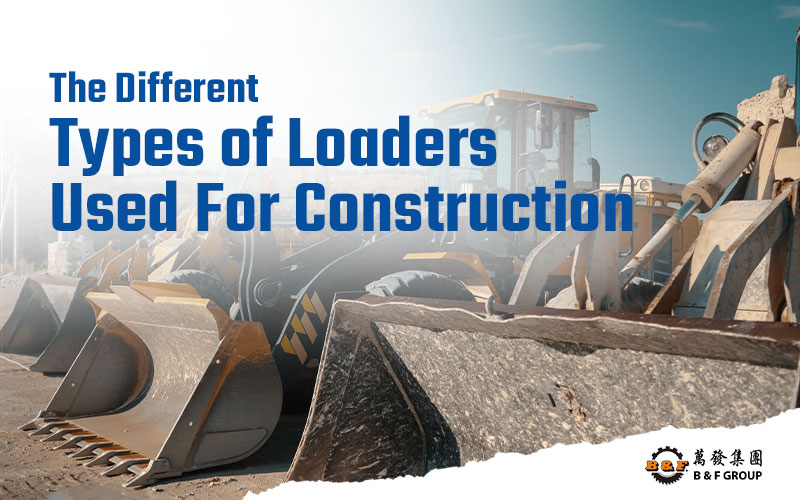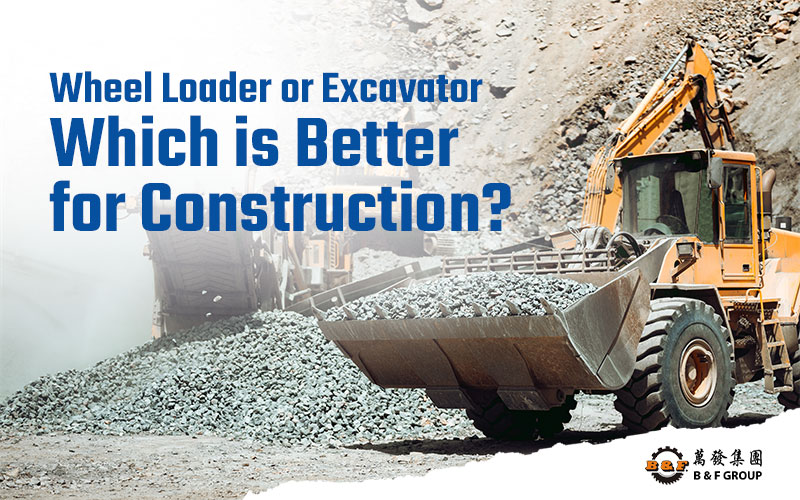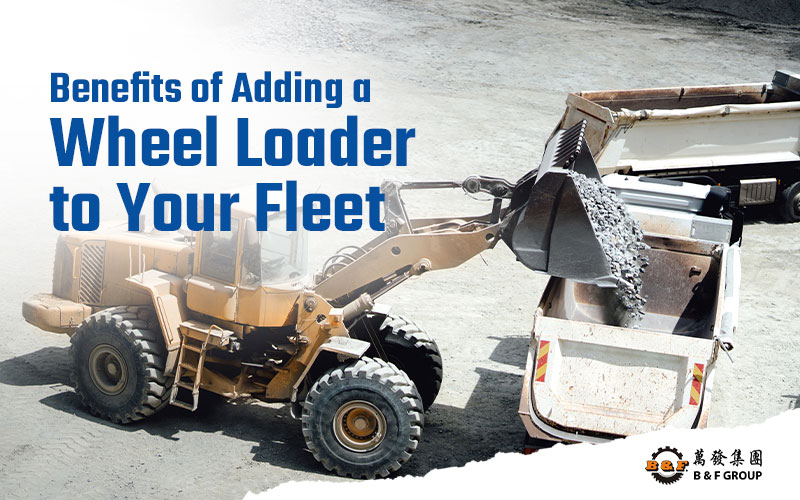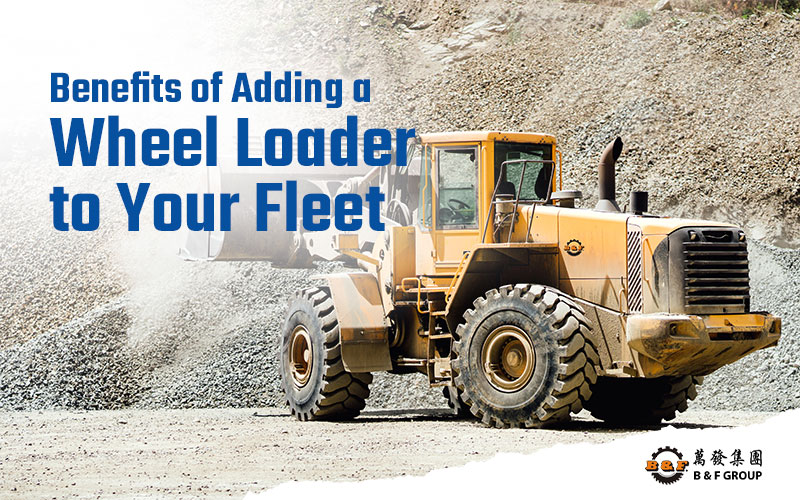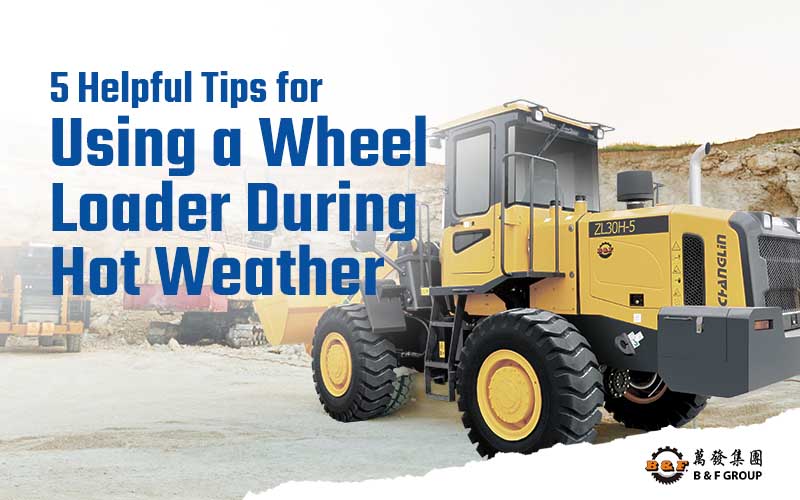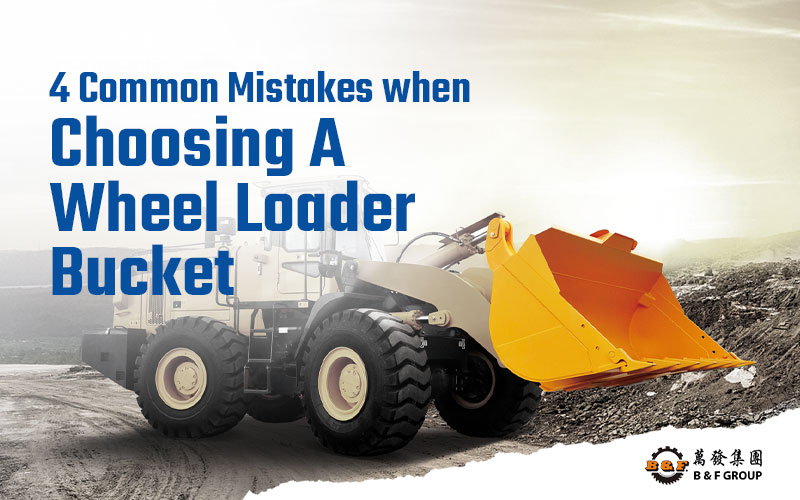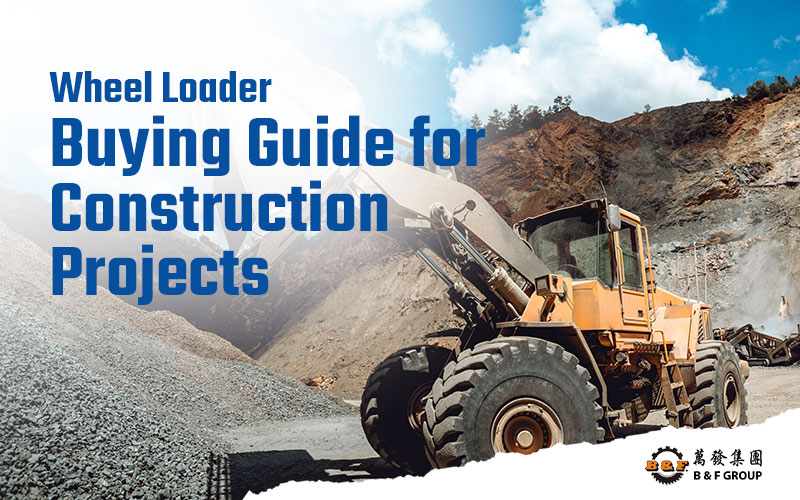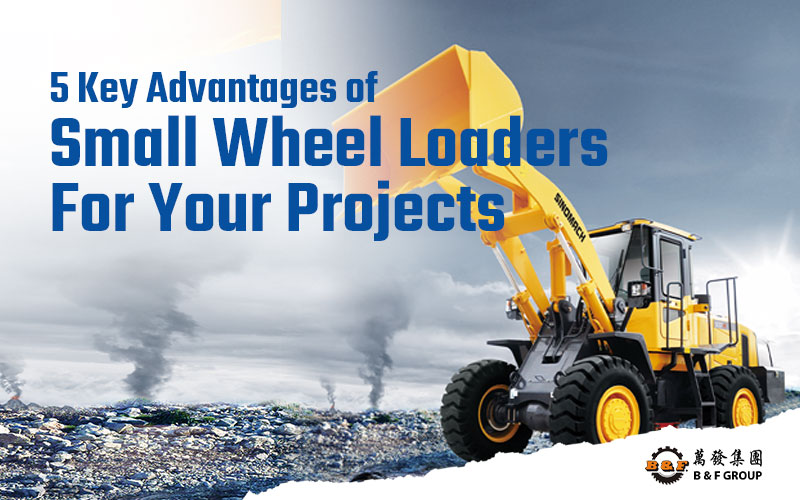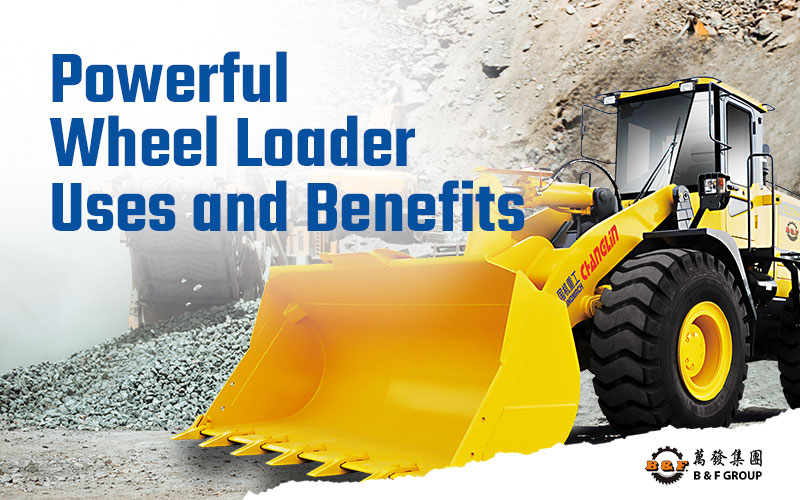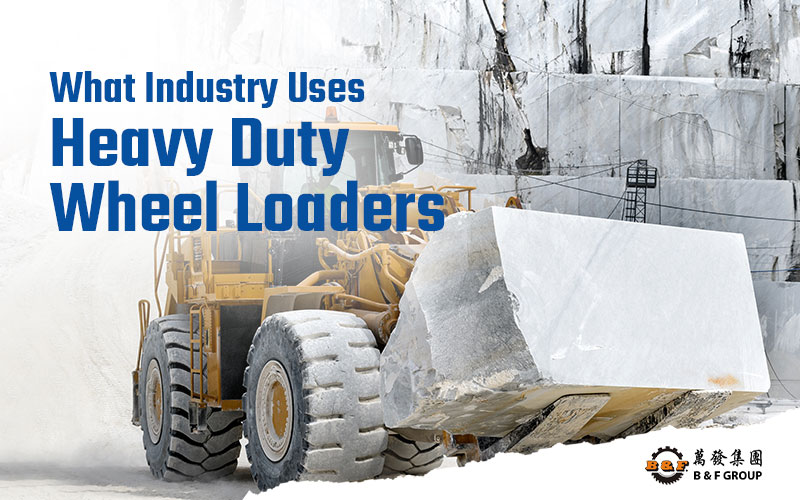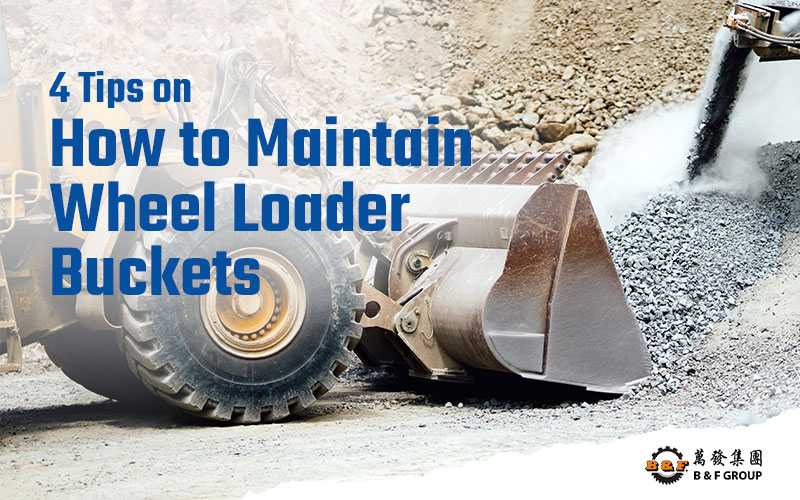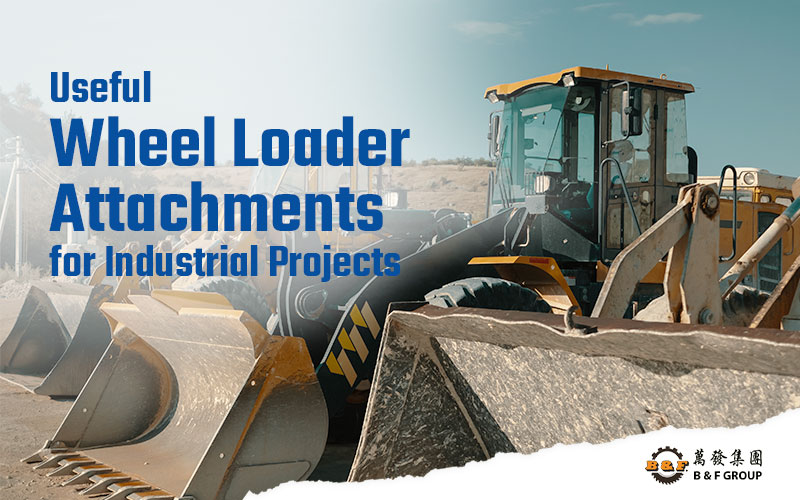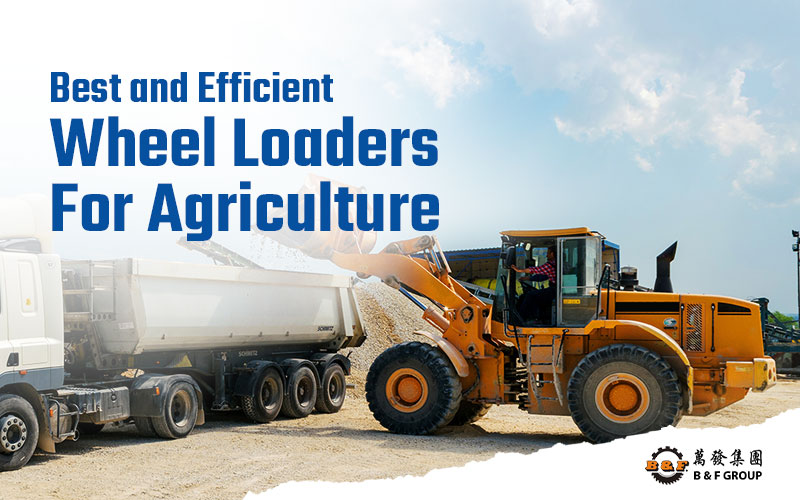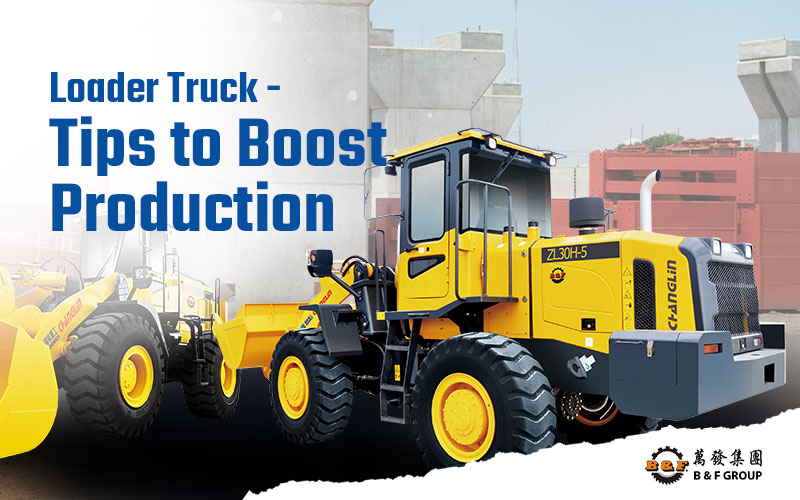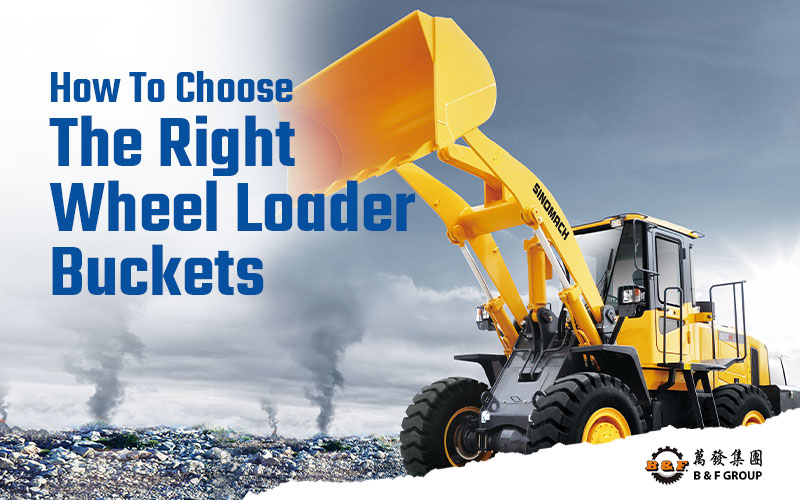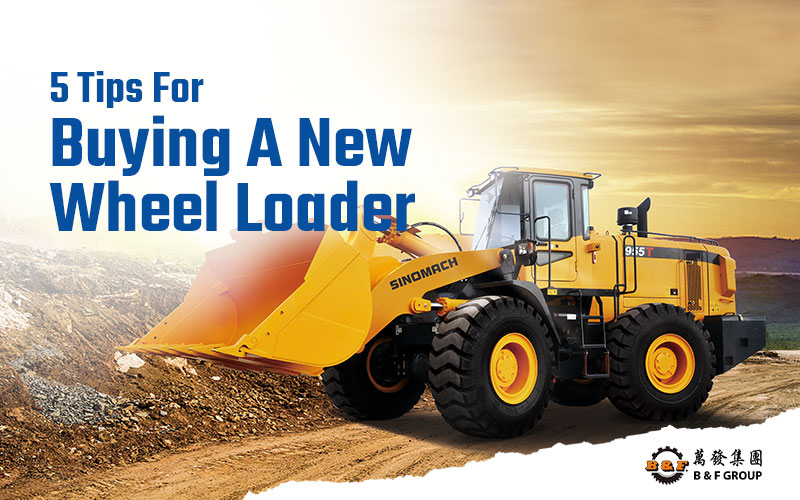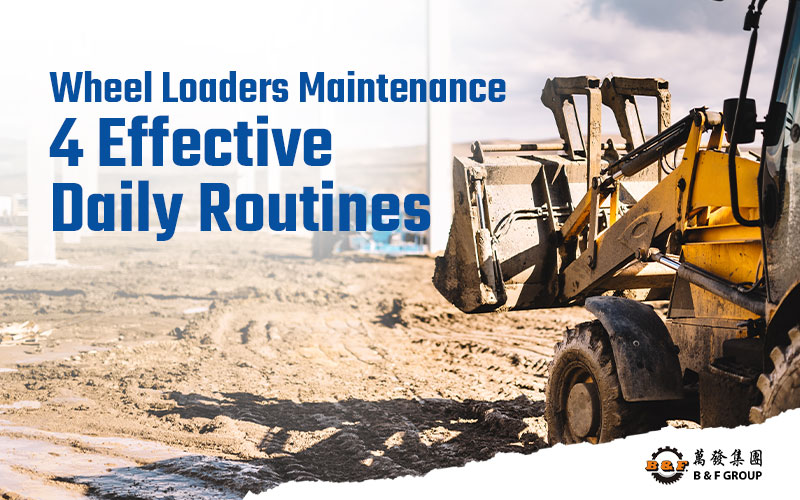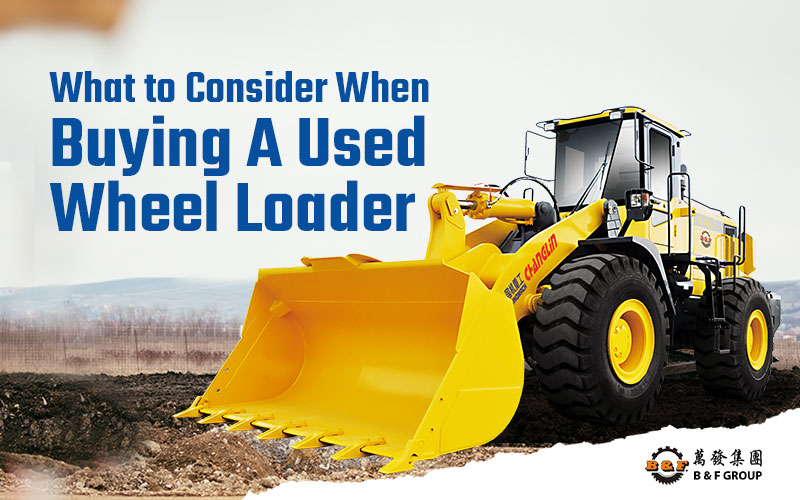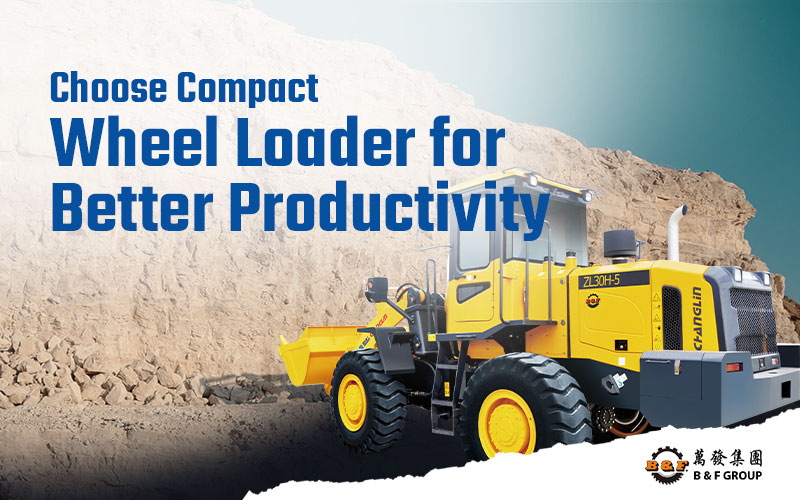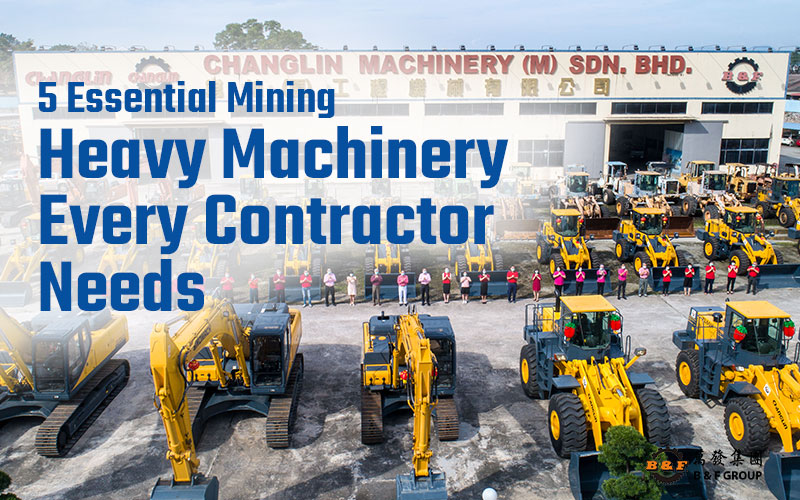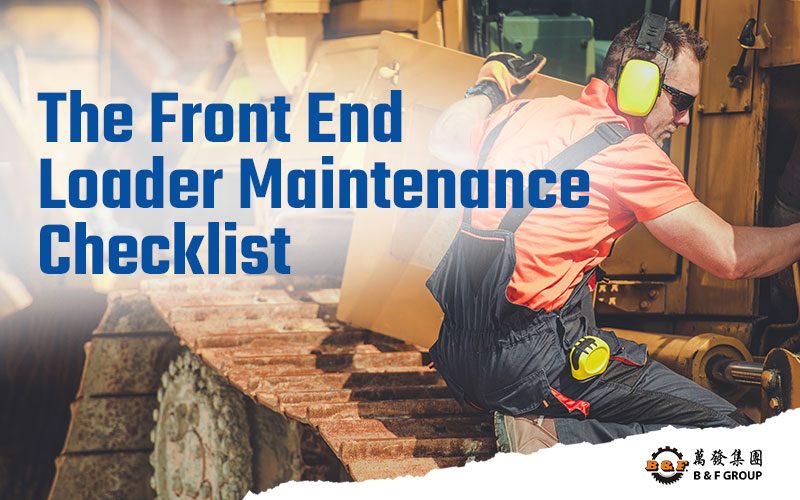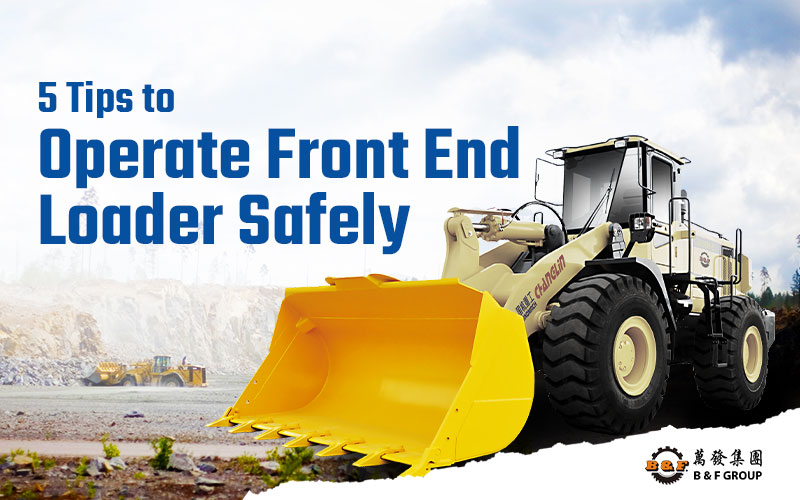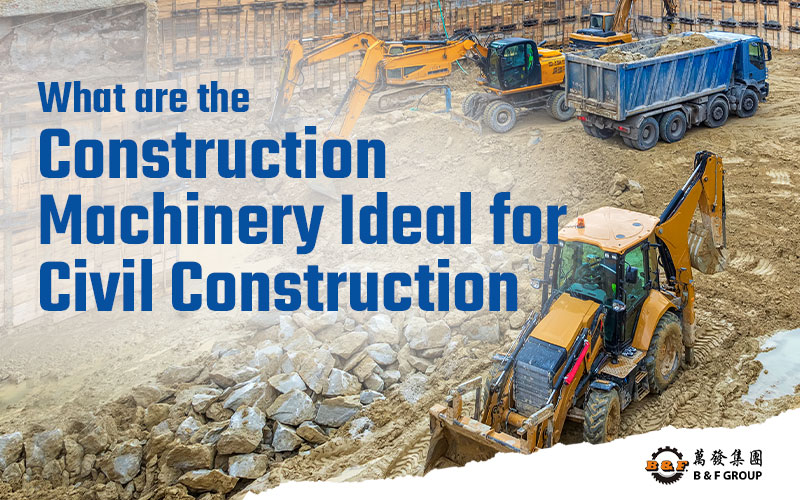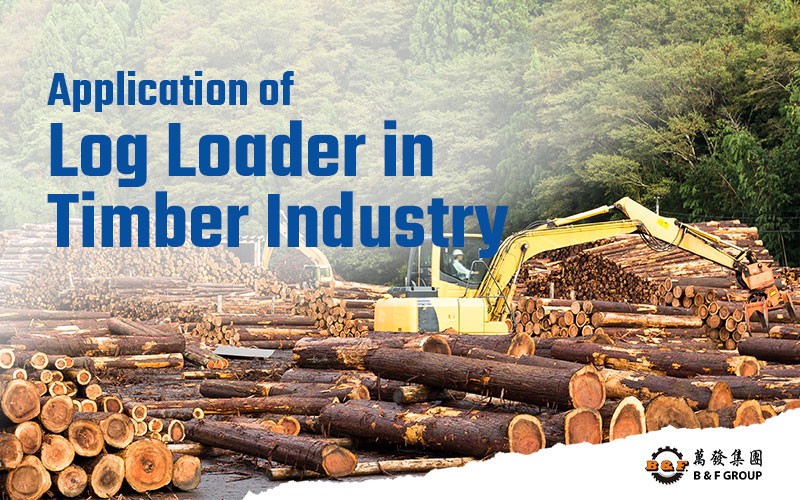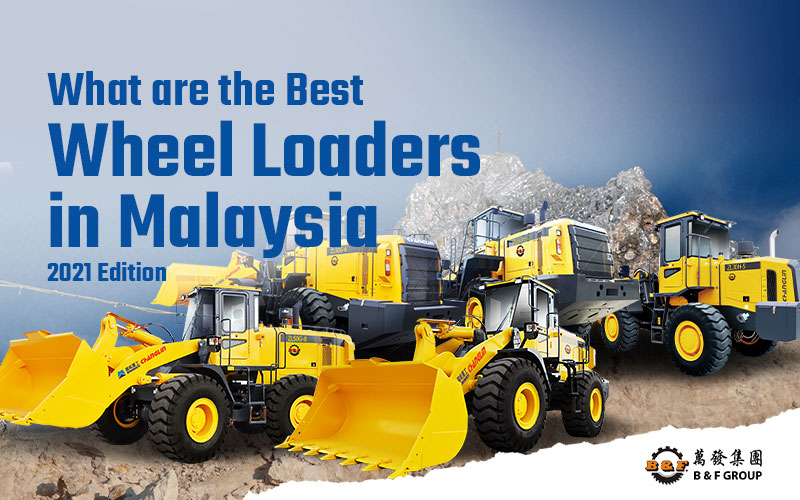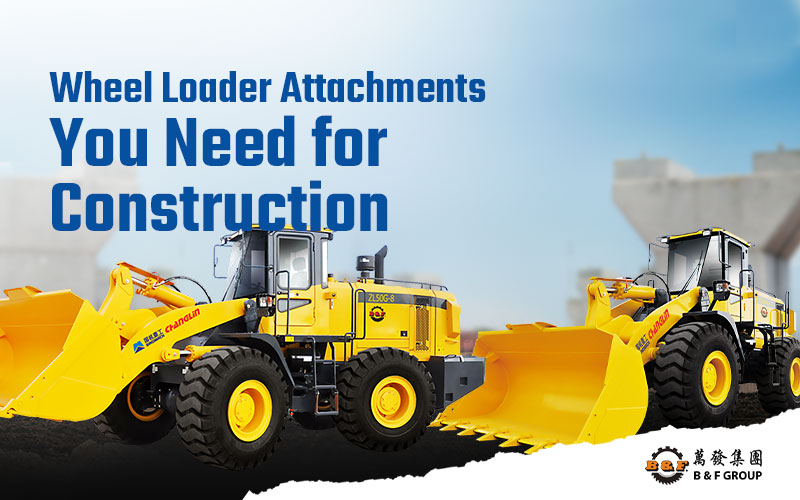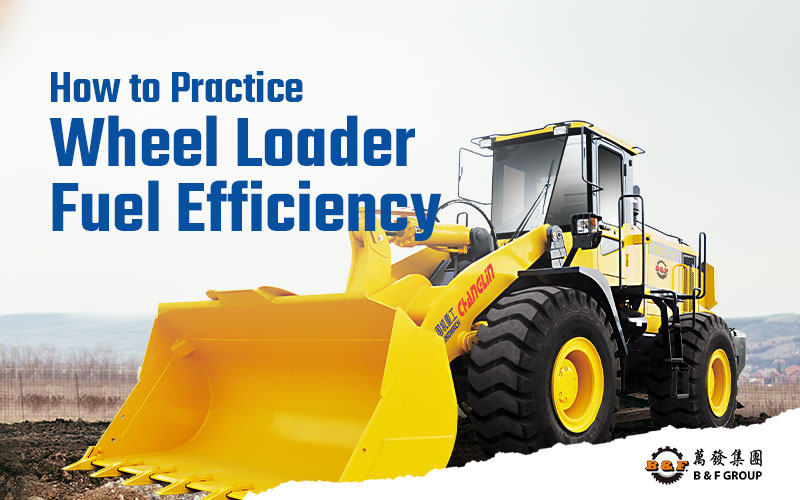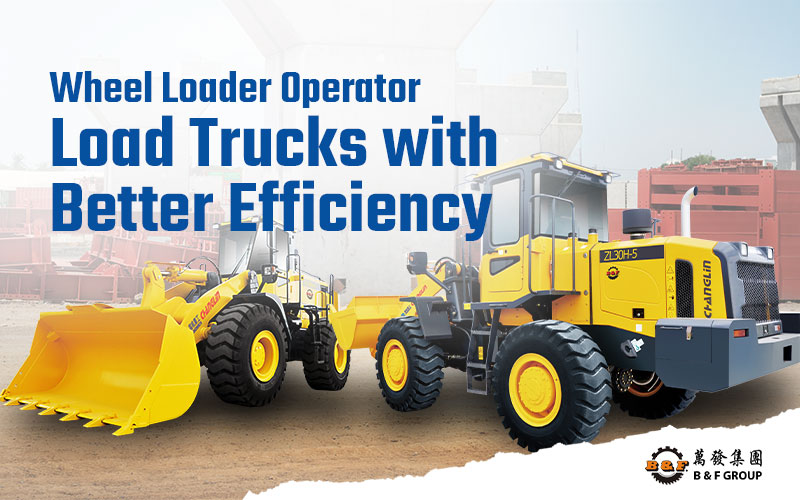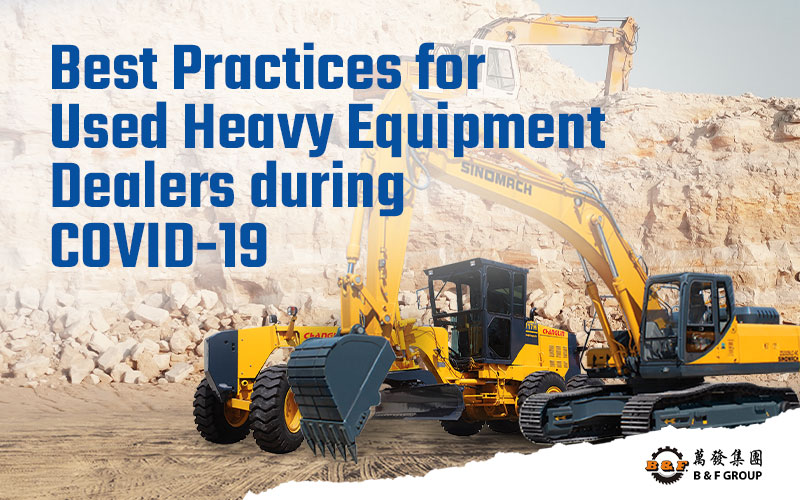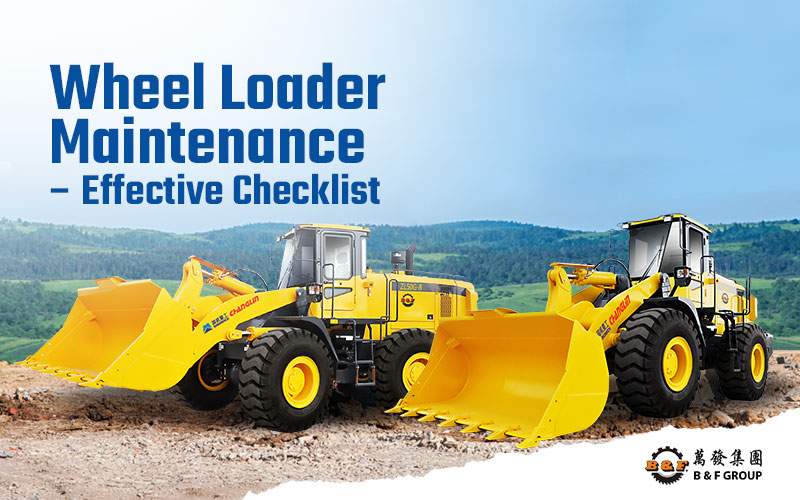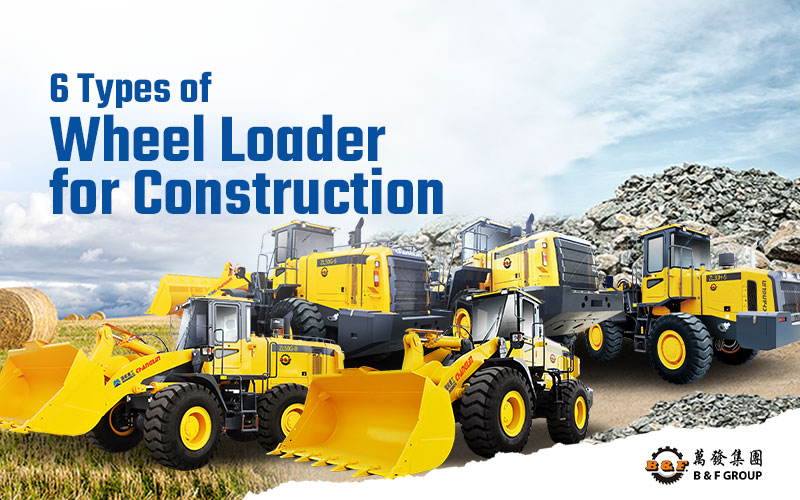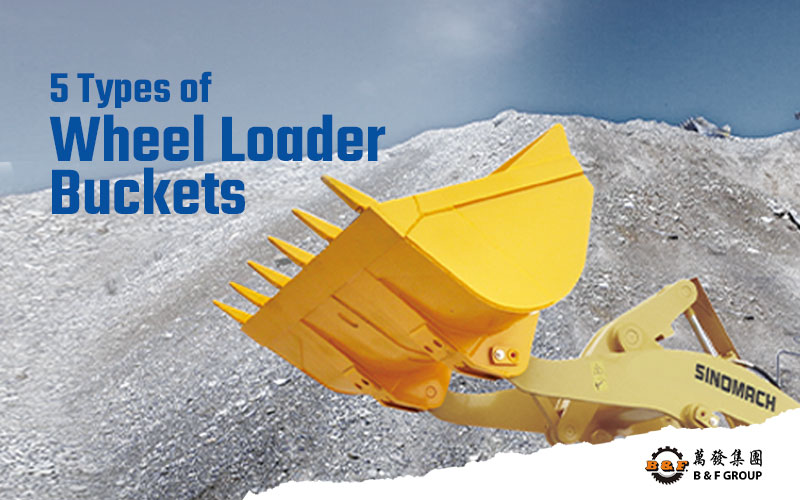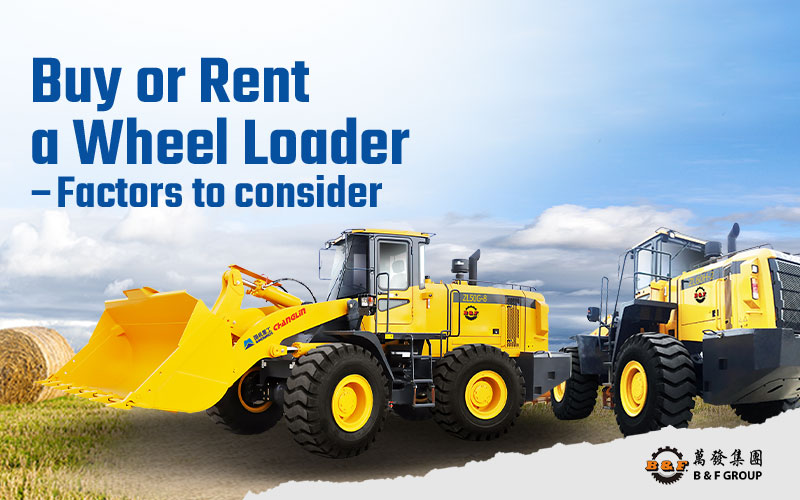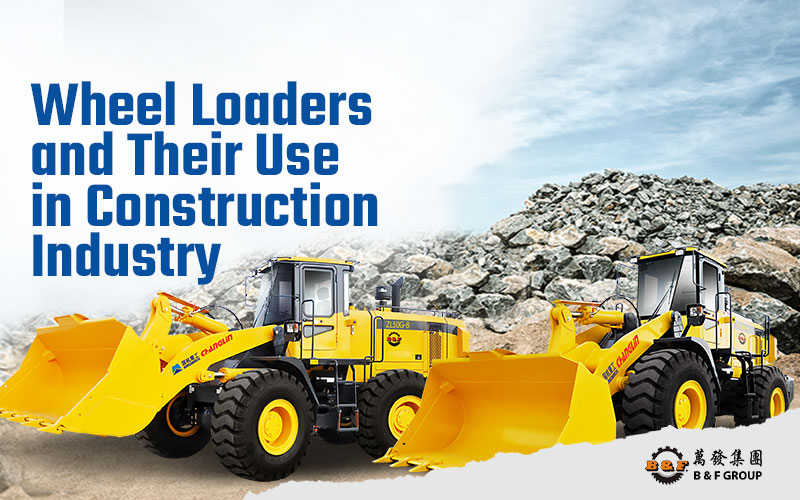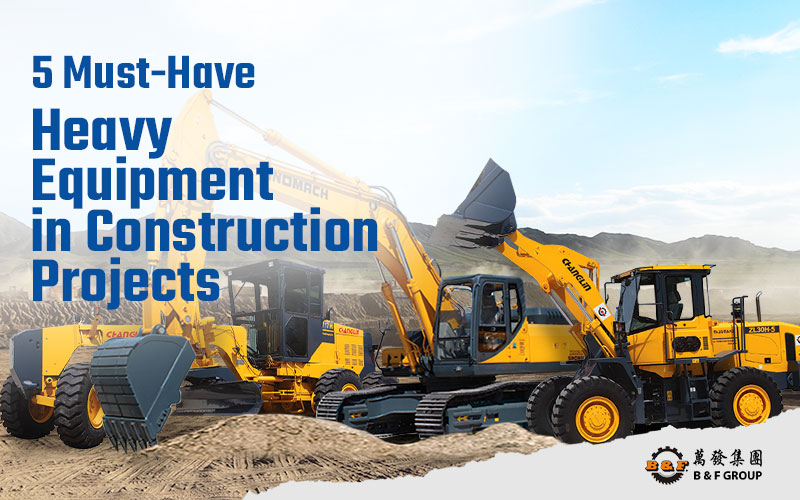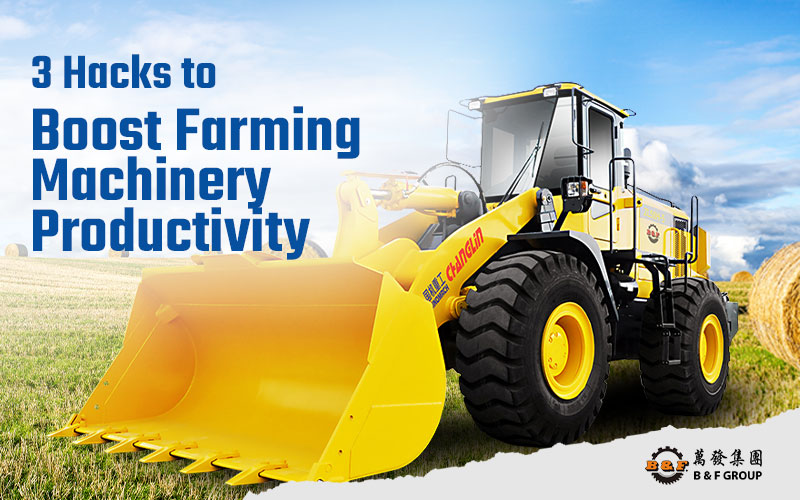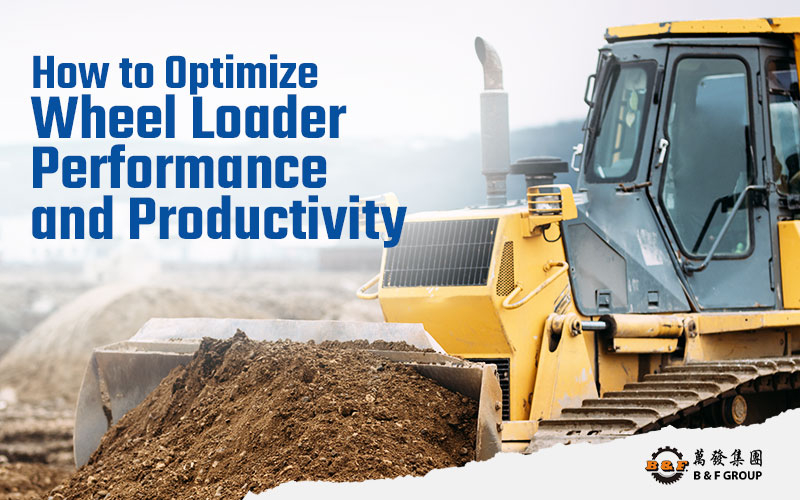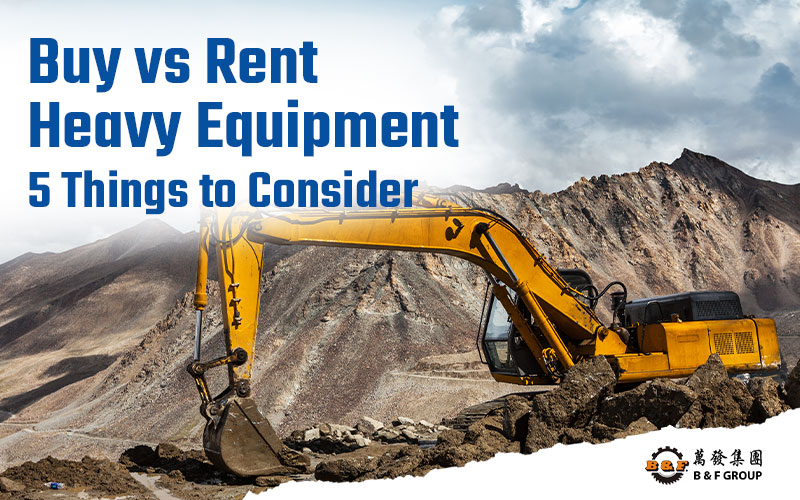
Wheel loaders improve productivity by streamlining material handling in multiple industries.
These robust and versatile machines are key for quickly moving and loading heavy materials.
You can see them on construction sites, farms, and in industrial yards.
They help teams work faster and safer. They offer smart features and many attachment options.
Simply put, wheel loaders improve productivity more effectively than any other material handling equipment in their class.
Key Ways Wheel Loaders Improve Productivity
Faster Loading and Transport of Materials
Wheel loaders are engineered for speed and efficiency.
Operators can easily load and move materials over short distances. Their big buckets and strong hydraulics help them do this with little effort.
This quick cycle time reduces delays. It helps teams move more material each hour than manual work or smaller machines.
In busy places, such as construction sites or loading bays, this speed helps finish projects faster.
Thus, their small turning radius and strong hydraulics help them work well in tight spaces. This is why many contractors choose them.
Enhanced Fuel Efficiency and Lower Operating Costs
This machine comes with fuel-efficient engines and smart load-sensing systems that help reduce wheel loader fuel consumption.
This not only reduces emissions but also lowers long-term operating costs.
Many manufacturers now provide hybrid and electric models.
They cut energy use, so wheel loaders are now a greener and cheaper option for long-term material handling.
Versatility with Multiple Attachments
Wheel loaders are well known for their compatibility with various attachments.
Choosing the right attachment for wheel loaders, such as forks, grapples, sweepers, or snow blowers, allows operators to switch between tasks with ease.
This flexibility lets one machine handle many tasks. For instance, it can lift pallets and clean debris, which boosts return on investment.
Thus, companies don’t need to invest in several machines for different jobs. Using a wheel loader with different tools lets them handle many tasks efficiently.

Improved Maneuverability in Tight Spaces
Wheel loaders feature articulated steering and a small wheelbase. This setup allows them to navigate easily in narrow work areas.
This is very useful for construction sites in cities, warehouses, and places where space is tight.
Operators can handle narrow paths, make sharp turns, and load materials precisely. This cuts down the risk of accidents and damage to property.
Reduced Labor Dependency and Increased Safety
By using automated lifting and transport, wheel loaders take the strain off workers. This helps cut down on injuries.
Advanced models have operator-friendly cabins. They include ergonomic controls, climate systems, and better visibility. This design ensures comfort and safety during long shifts.
Some machines even include cameras and sensors for additional on-site awareness.
Now, fewer workers are needed for tough jobs. The ones who are on-site can work in safer and more controlled conditions.
Industries That Benefit Most from Wheel Loaders
Construction
In construction, time is money.
Wheel loaders for construction industry workflows improve productivity by handling aggregates, trenches, and loading jobs with ease.
The speed of task switching at job sites is key for general contractors and builders.
Mining and Quarrying
Mines and quarries require heavy-duty equipment due to their harsh, rough environments.
Wheel loaders are often used to move ore, rocks, and minerals. They quickly take materials from the blasting site to the crushers or transport vehicles.
So, their durability and ability to carry heavy loads are key for large-scale material extraction tasks.

Agriculture
Wheel loaders are a farmer’s best ally. They make it easy to move hay bales, load grain, and handle feed and manure.
This equipment can switch between forks, buckets, and bale handlers. Thus, it can handle almost any lifting and transport job on the farm.
Compact models are particularly useful in tight barnyards or uneven terrain.
Waste Management
Wheel loaders are key for managing and organizing bulk waste at recycling centres and landfill sites.
They simplify daily tasks. For instance, sorting recyclables, loading bins, and compressing materials.
Operators are protected from harsh environments thanks to enclosed cabs and dust filters.
Choosing the Right Wheel Loader for Your Needs
The types of wheel loaders you require are based on your industry, the workload, and the conditions at your site. Key factors to consider are:
| Operating Weight and Lift Capacity | Check the operating weight and lift capacity. Ensure the machines can manage the average material volume. |
| Attachment Compatibility | Select a model that includes the tools you use most frequently. |
| Size and Maneuverability | If you have tight spaces, smaller models are a good choice. For open and heavy-duty areas, larger models are more suitable. |
| Fuel Efficiency and Maintenance | Look for models that offer a good mix of performance, low fuel consumption, and easy upkeep. |
By consulting a professional equipment provider or dealer, you can find the machine that best meets your needs.
Maximize Efficiency with the Right Wheel Loader
Having an eye for wheel loaders means knowing that the right machine does more than move materials. It can also boost your workflow’s efficiency.
So, check out the high-performance wheel loaders in Malaysia at B&F Group. Learn how the right tools can boost your operations.
Wheel loaders undoubtedly boost productivity when used correctly.


